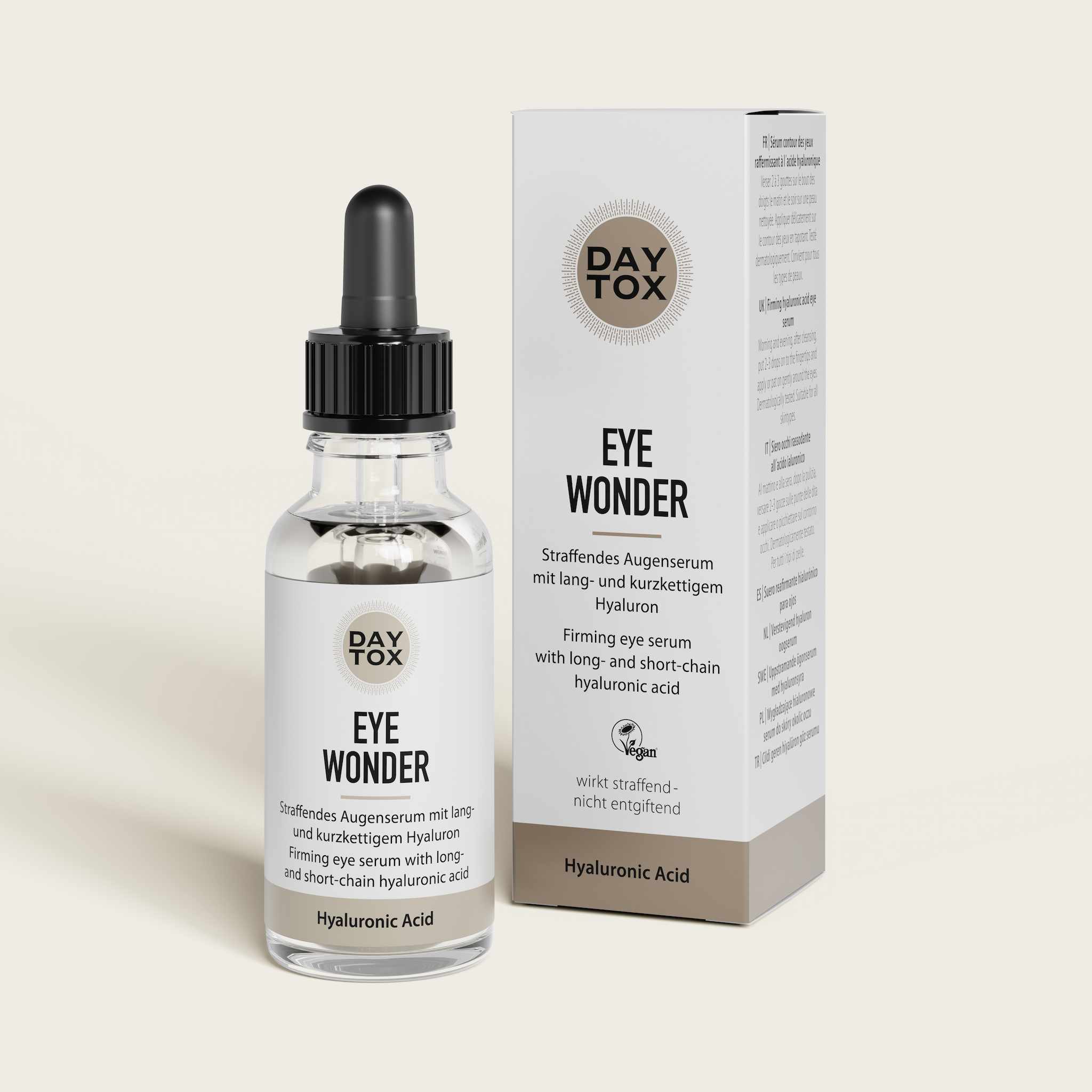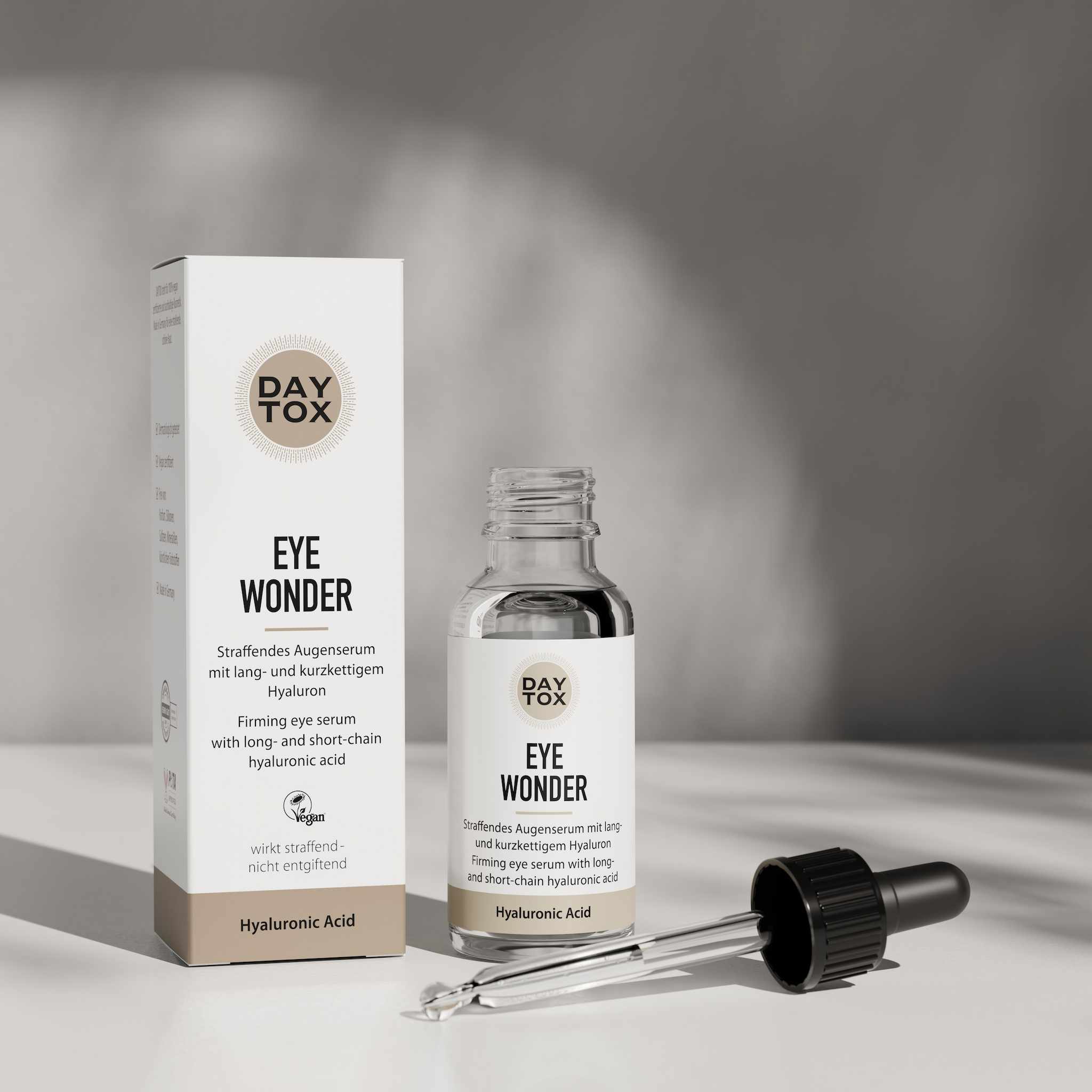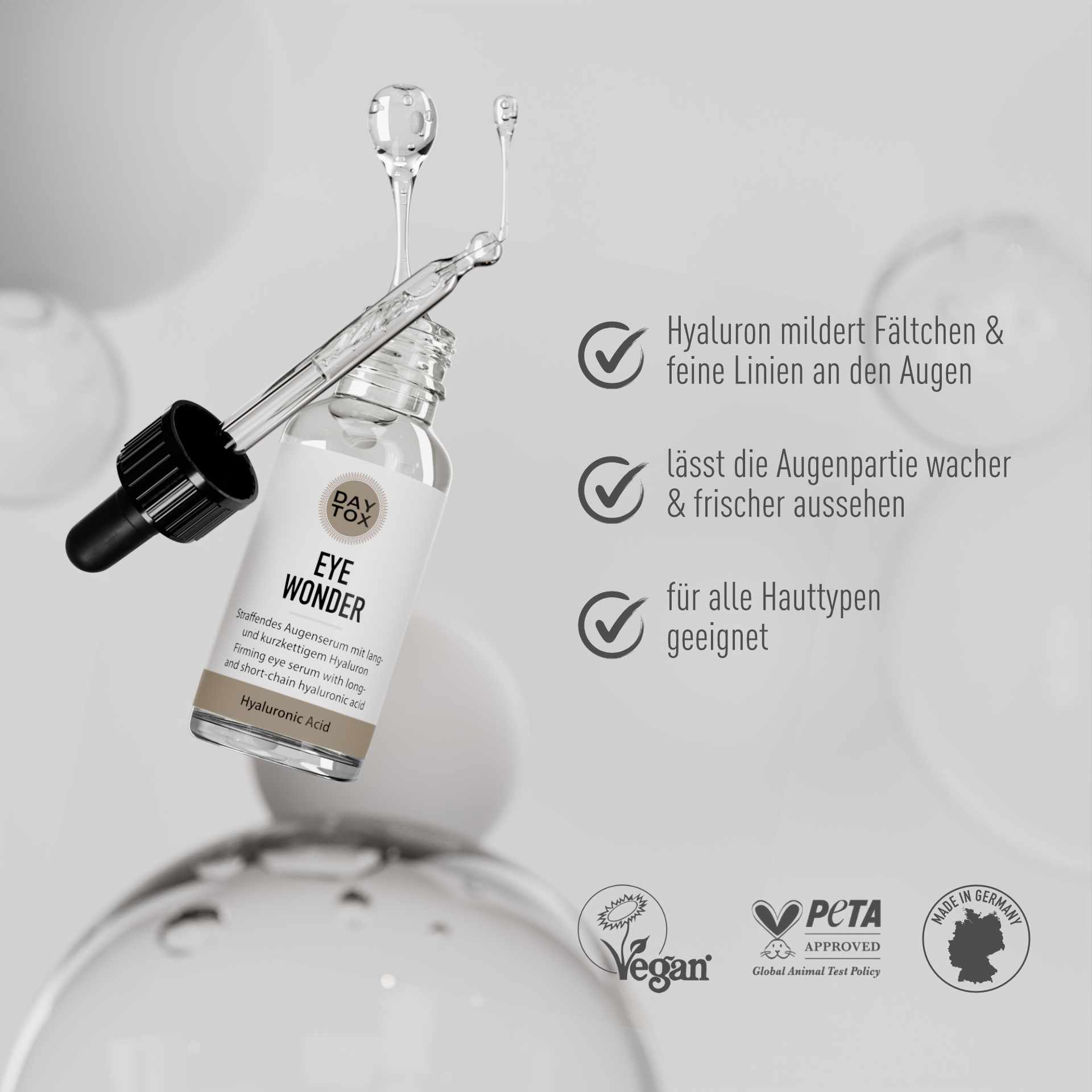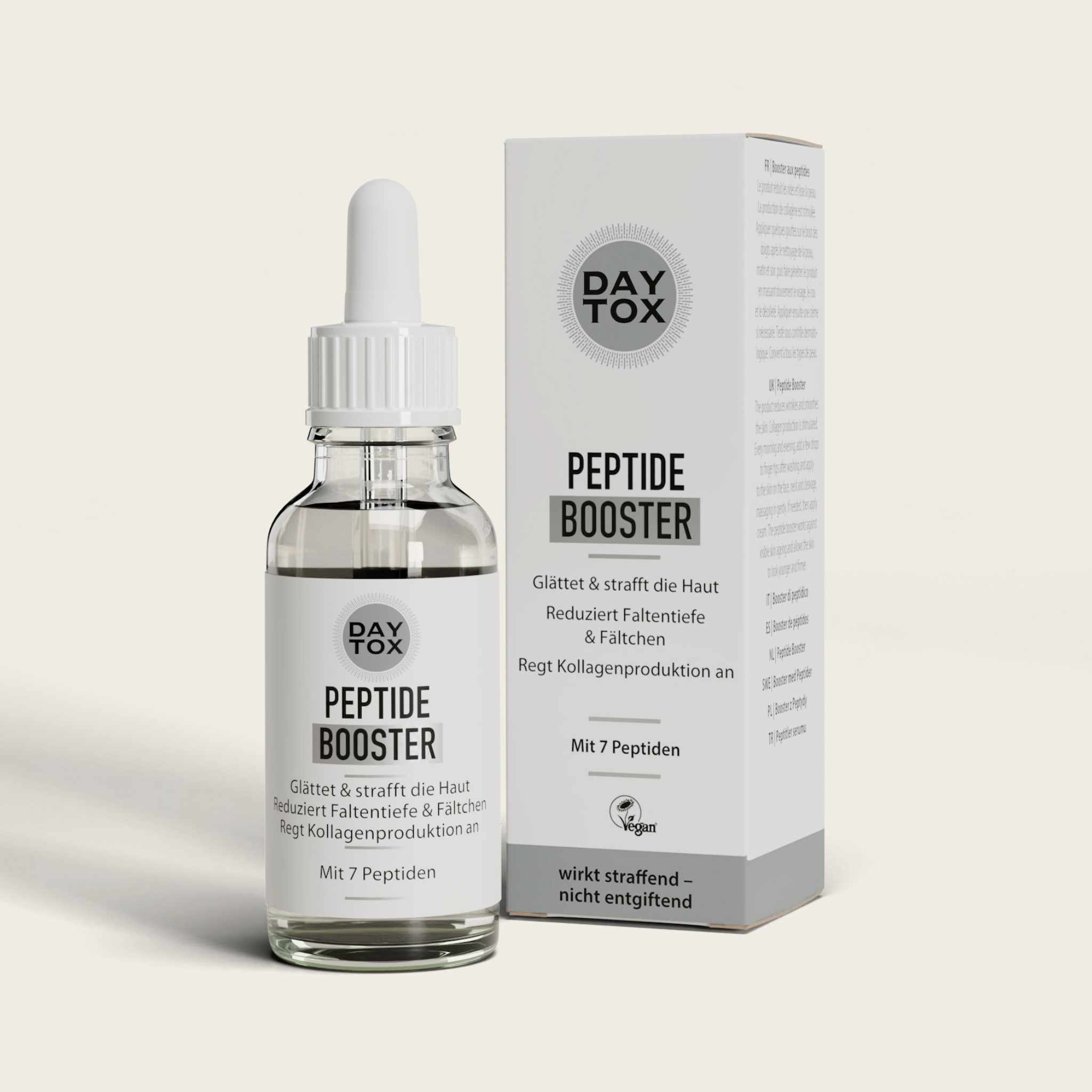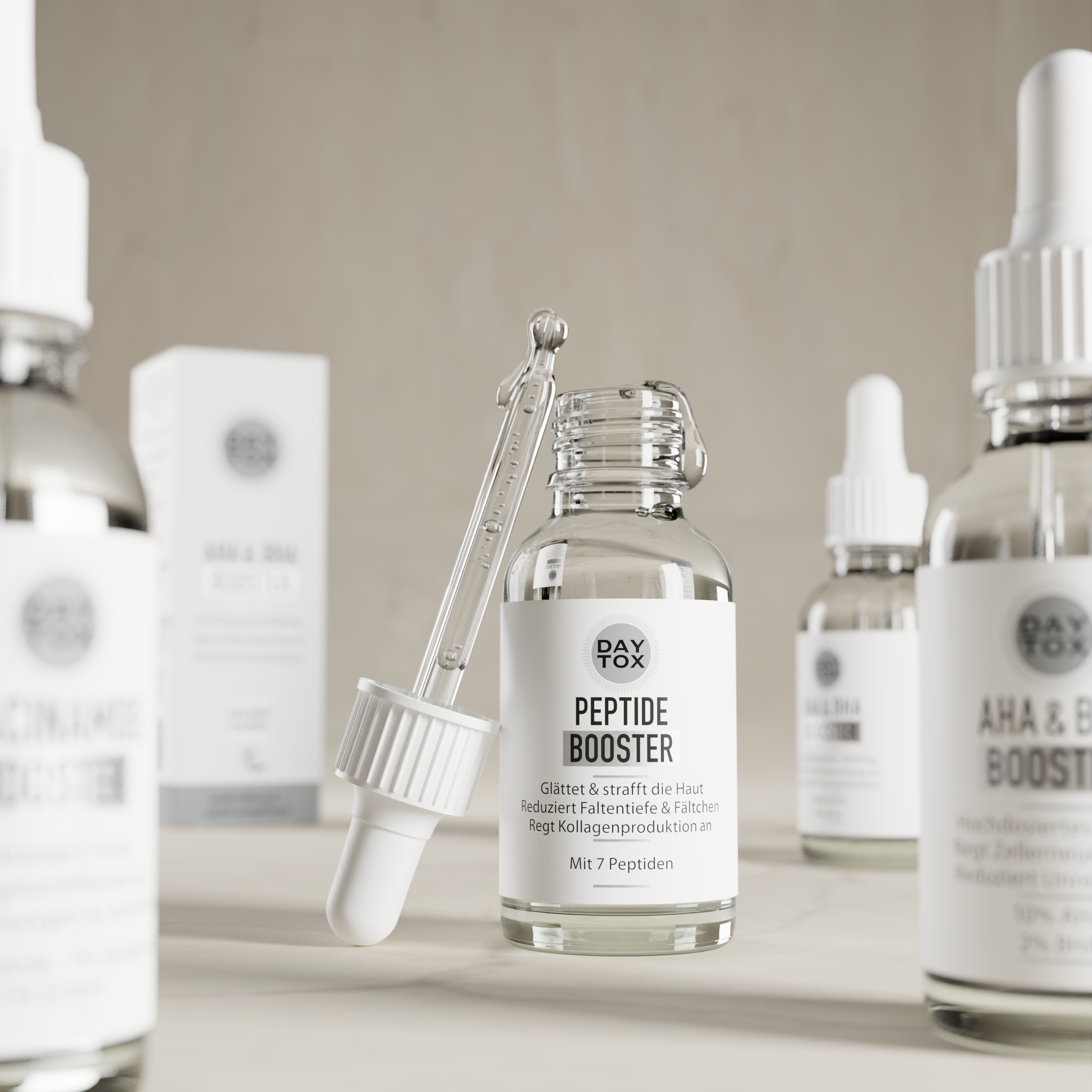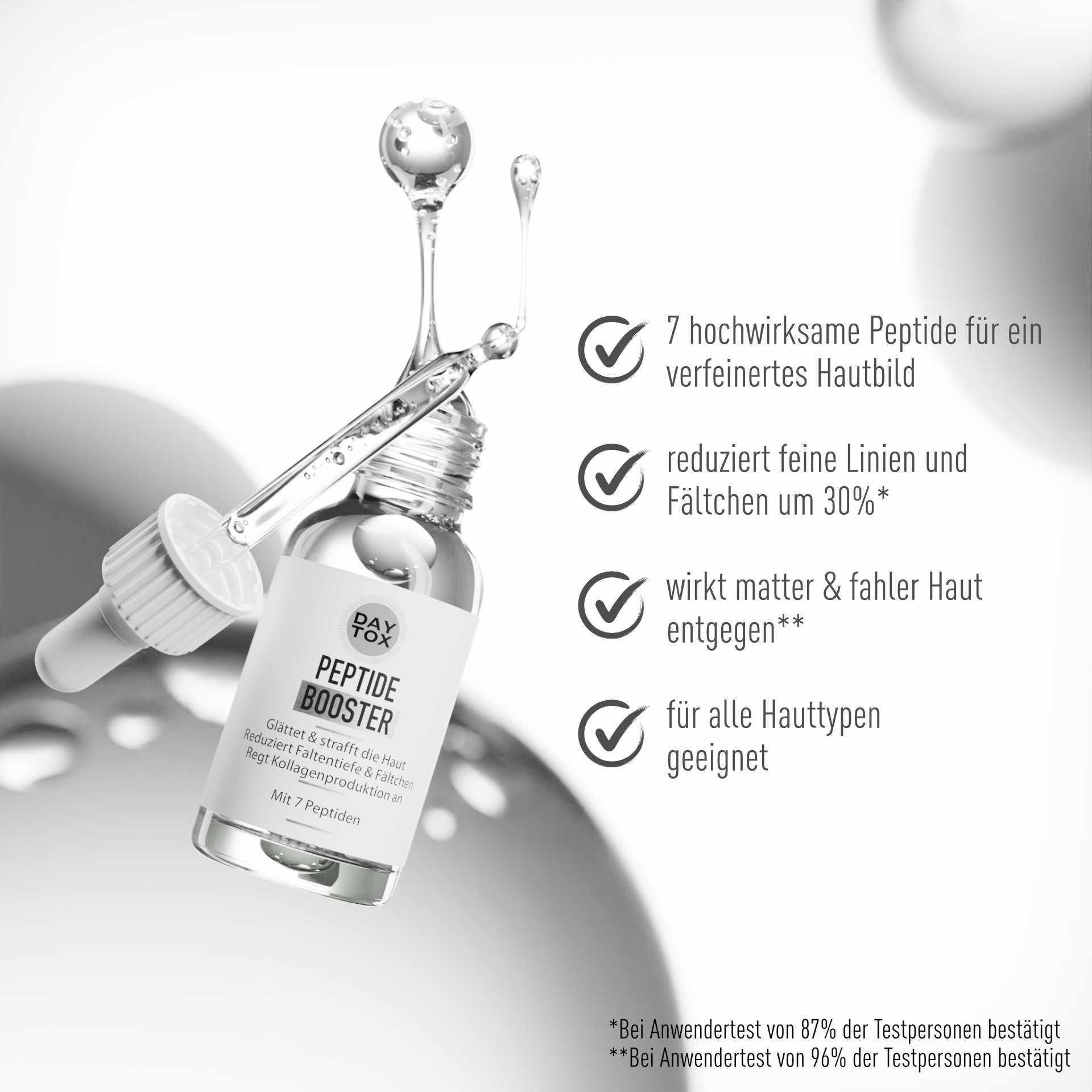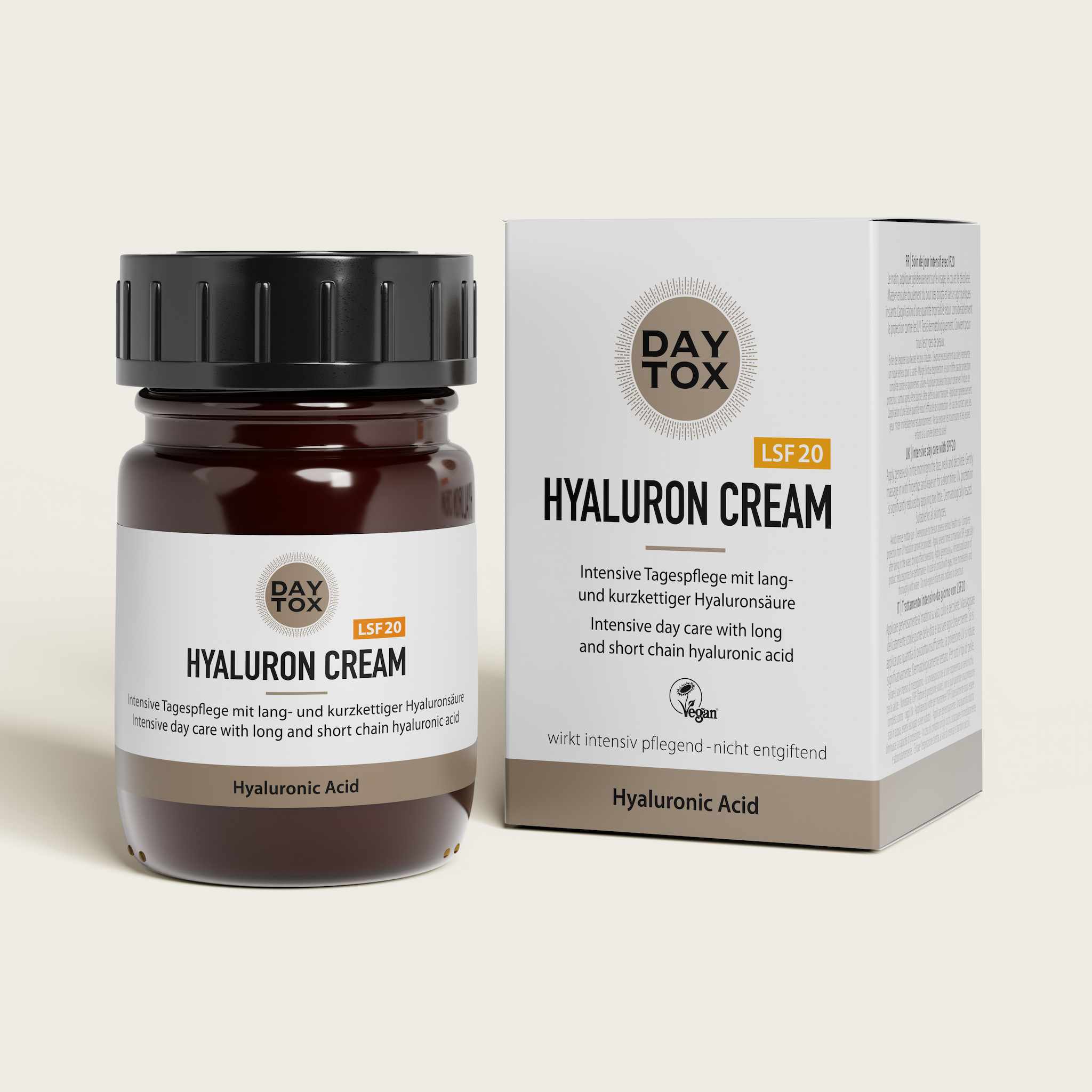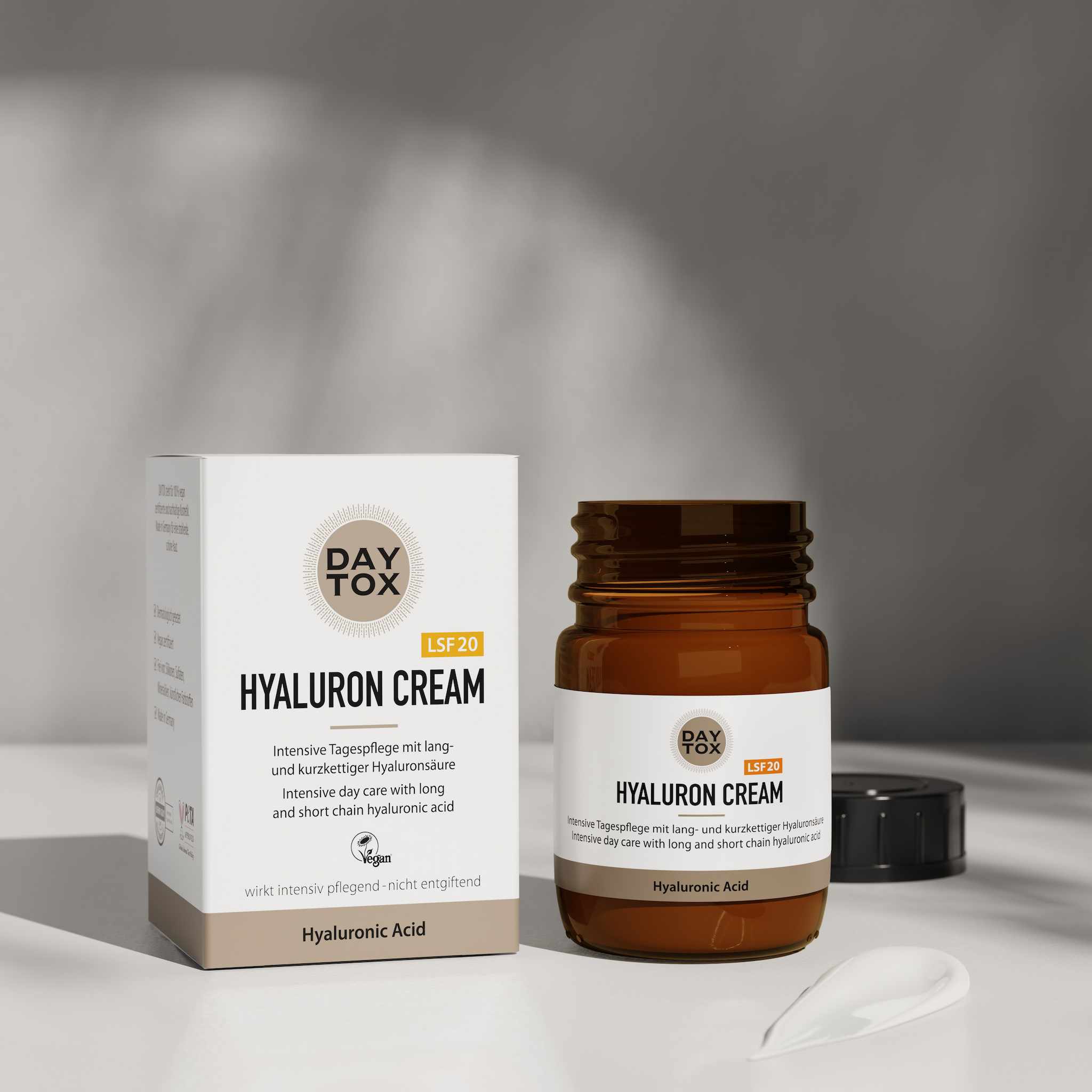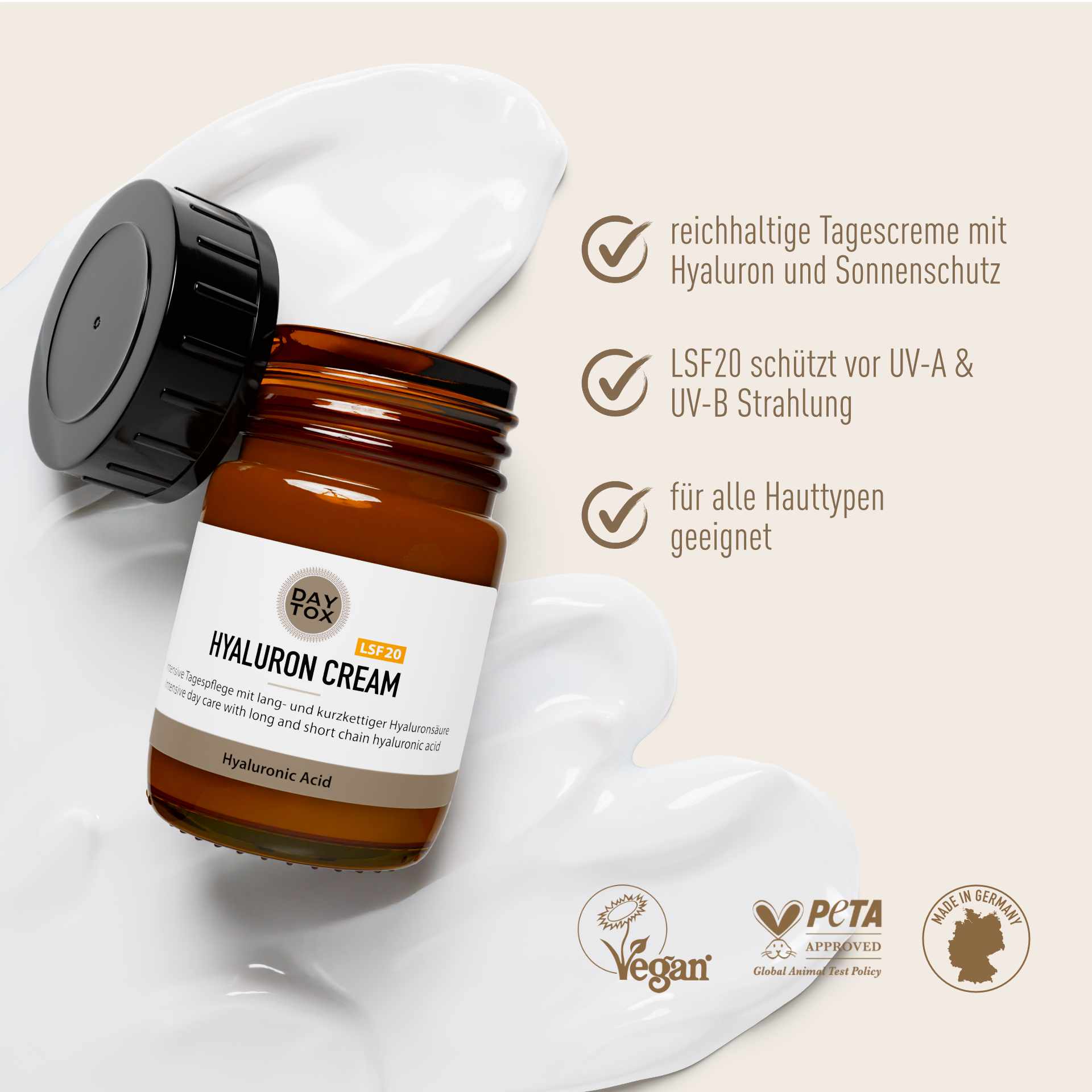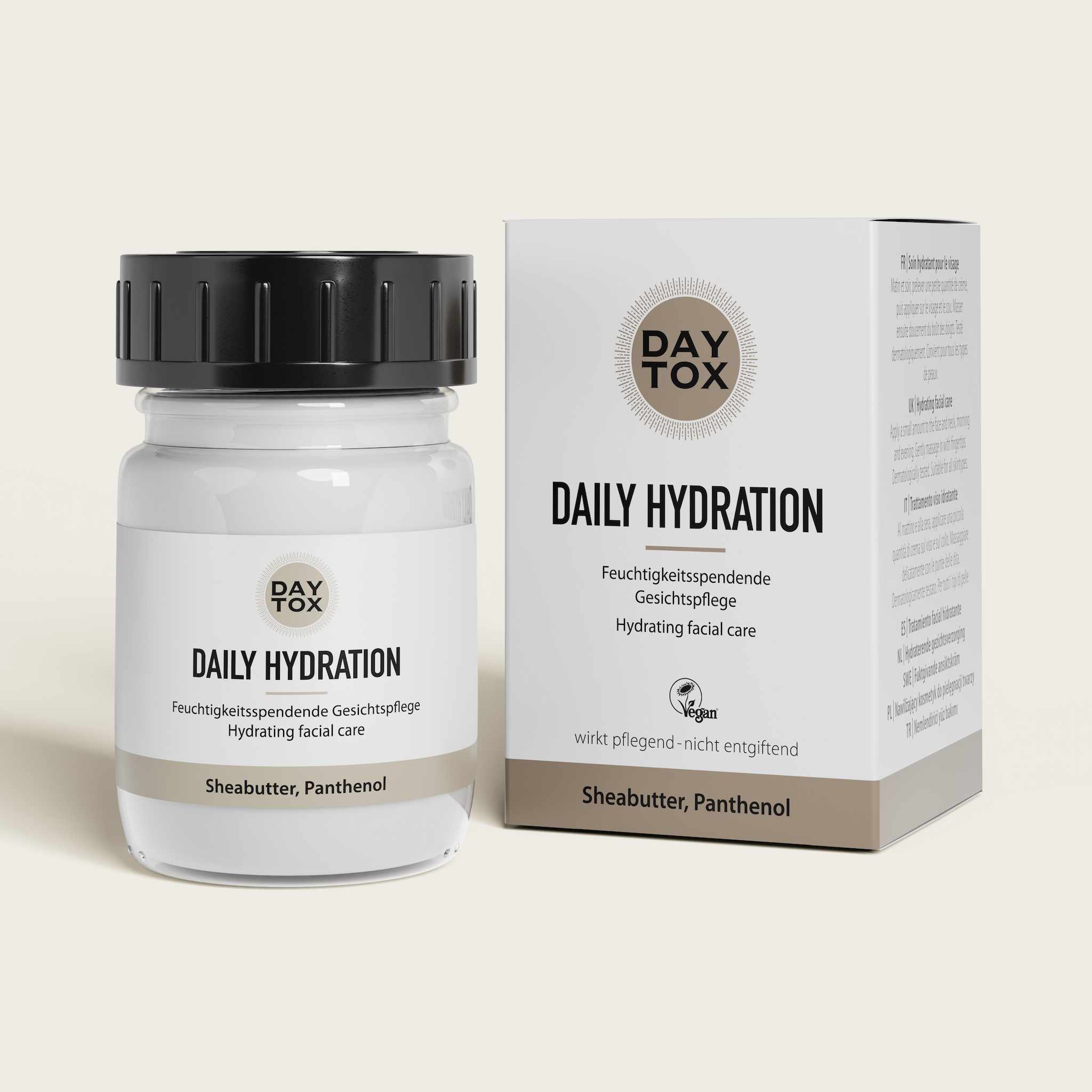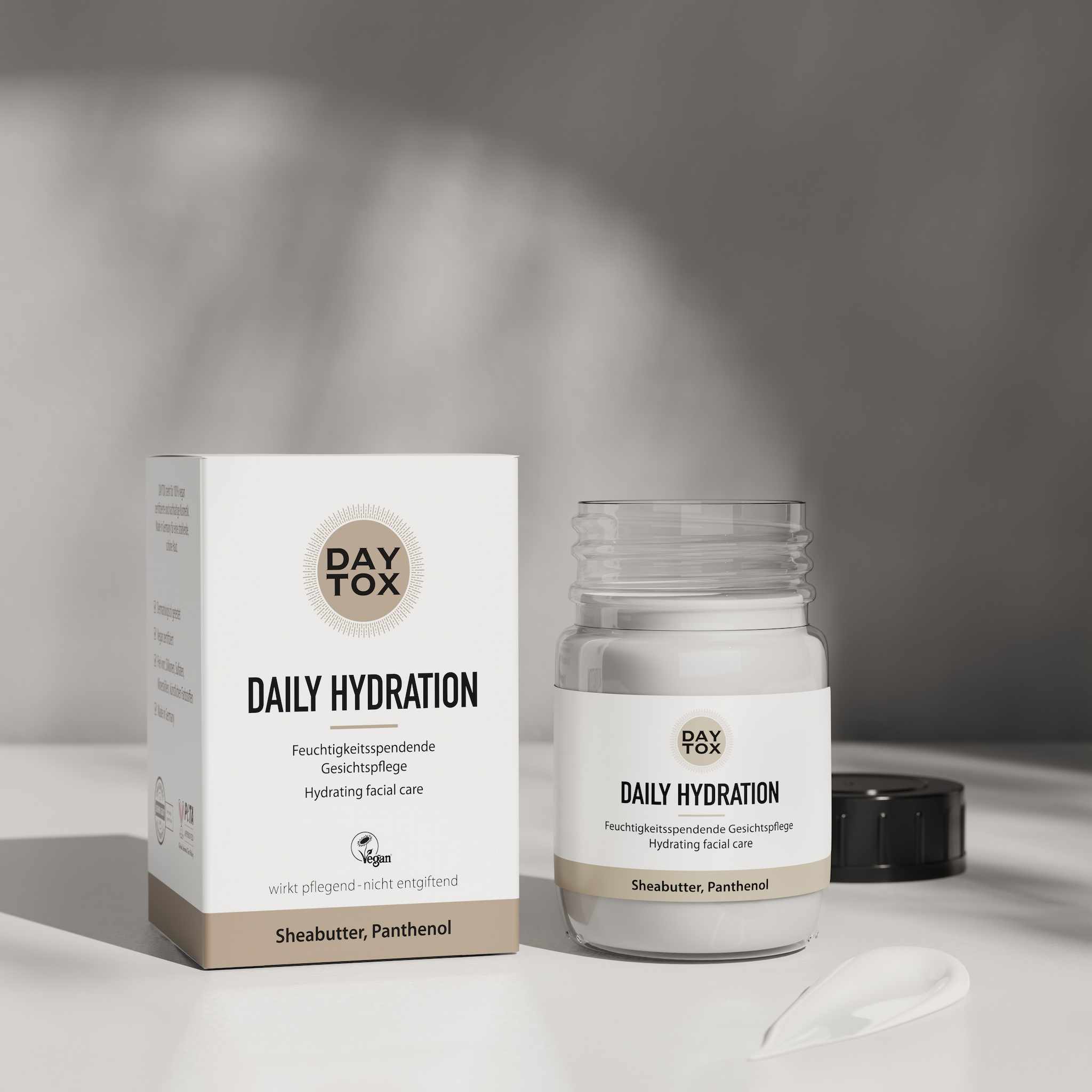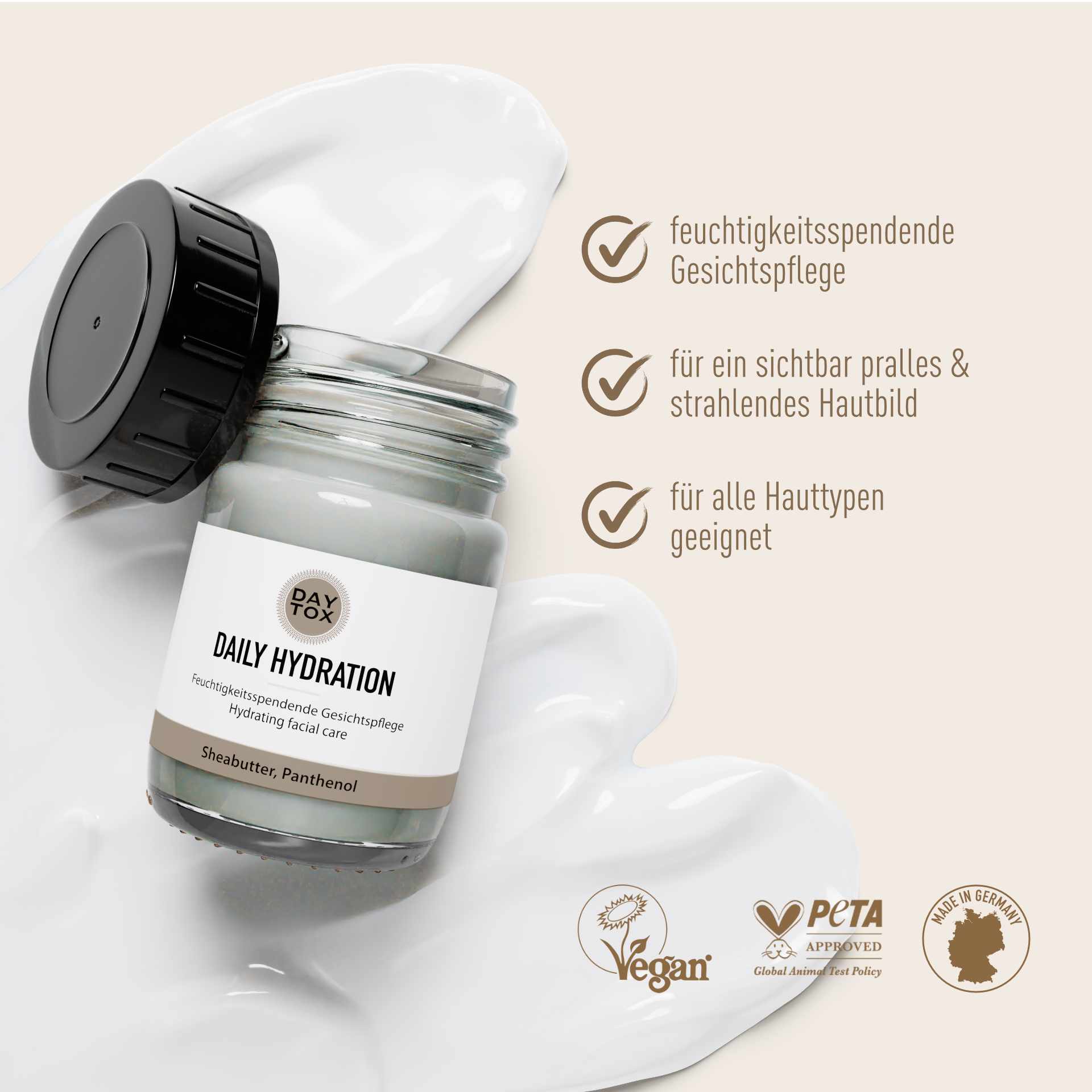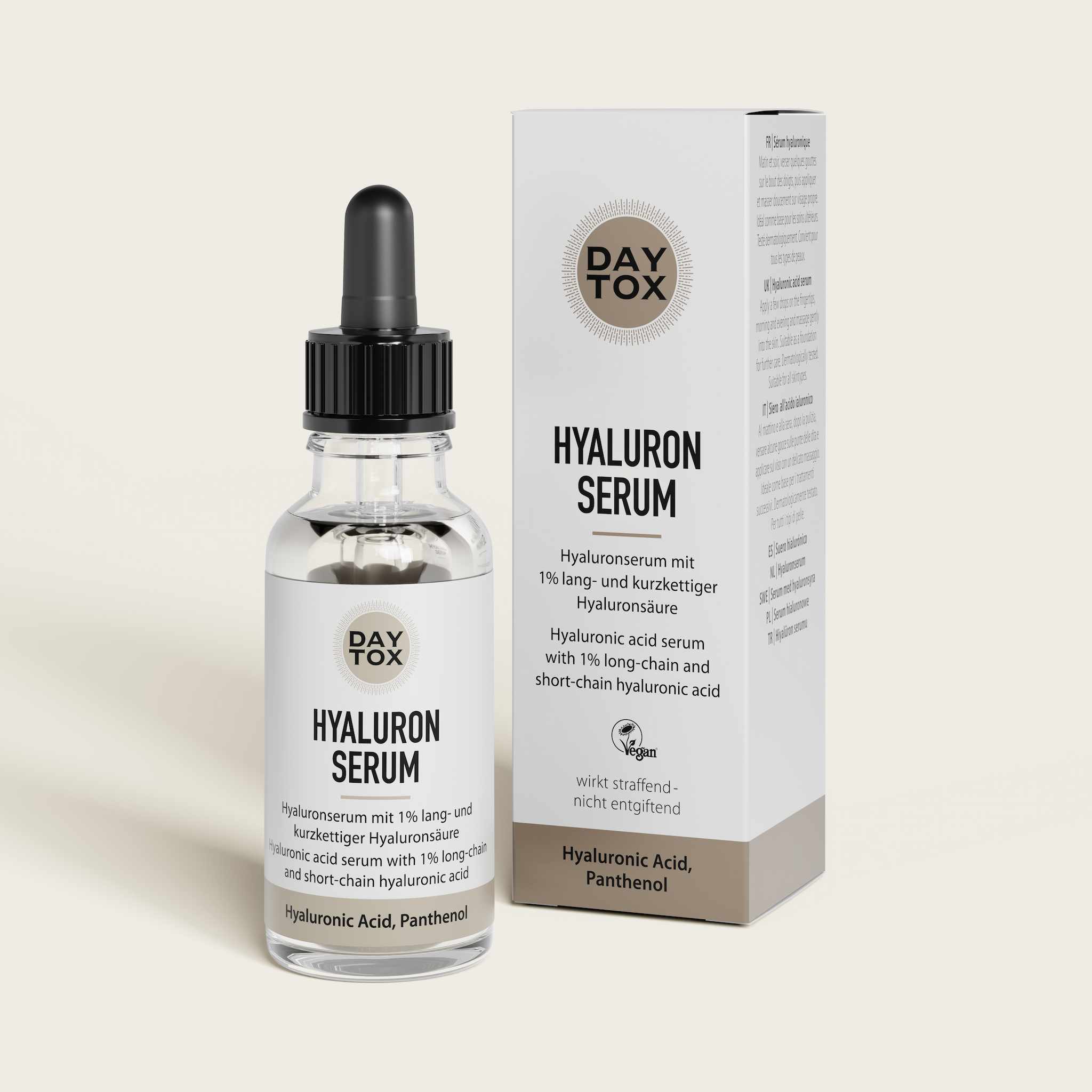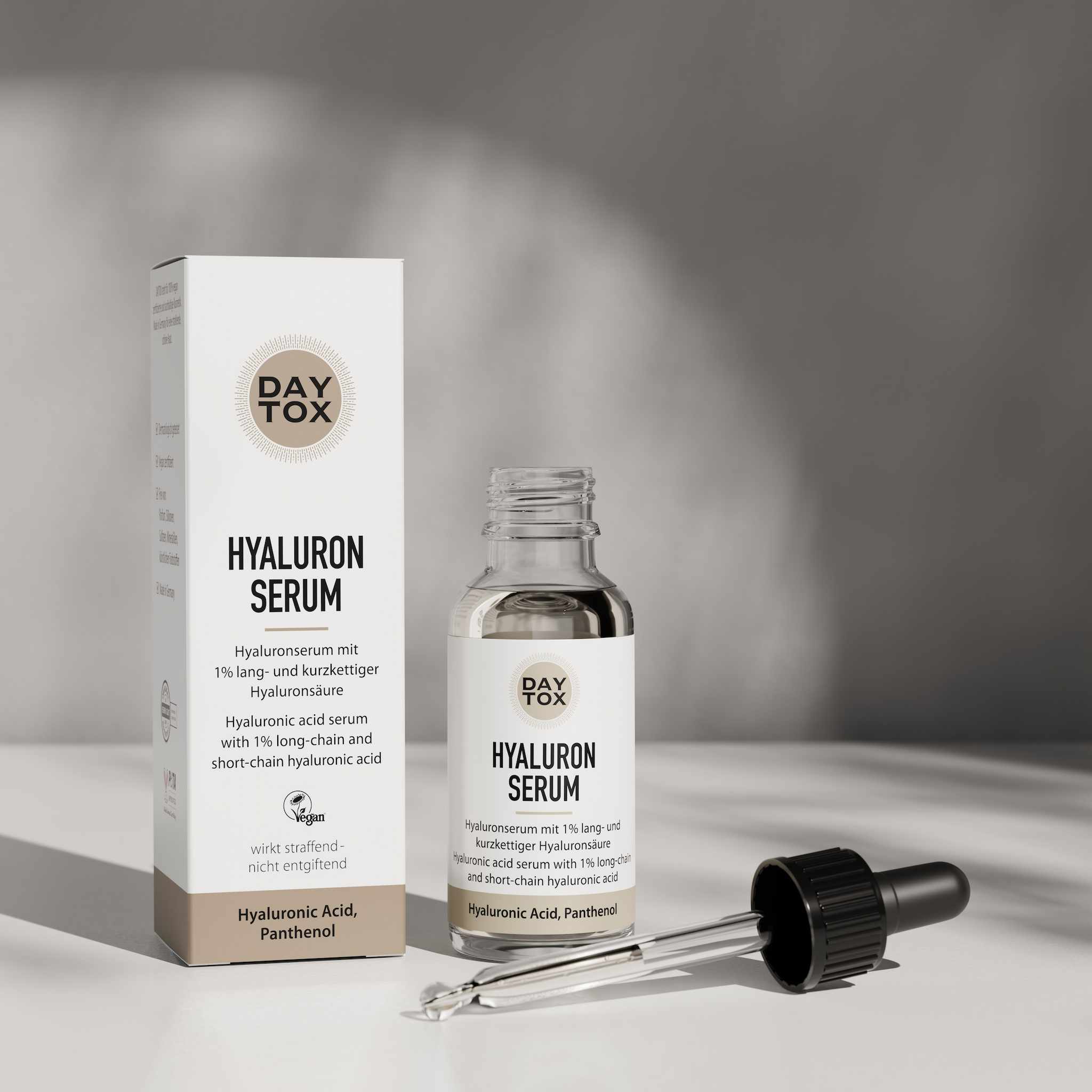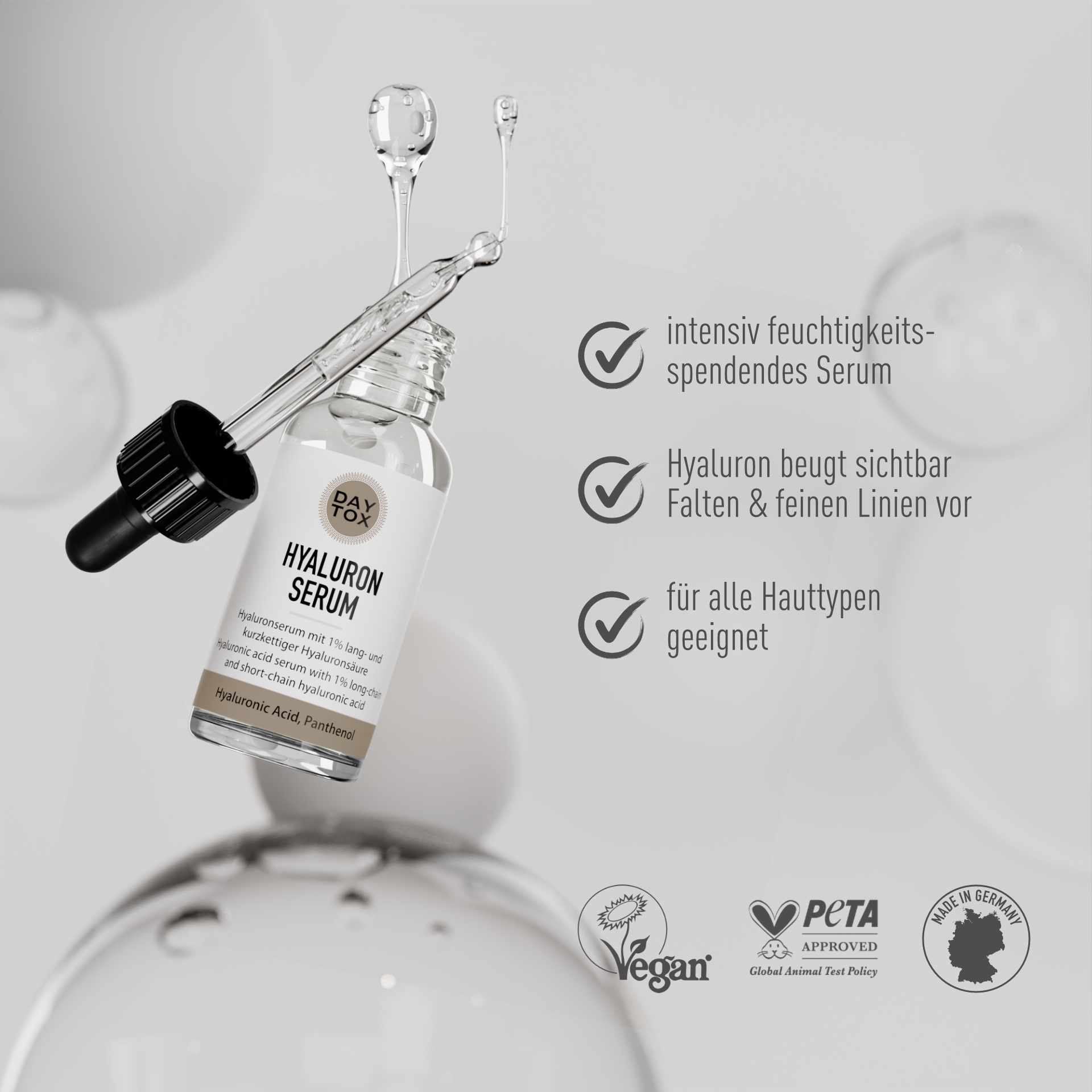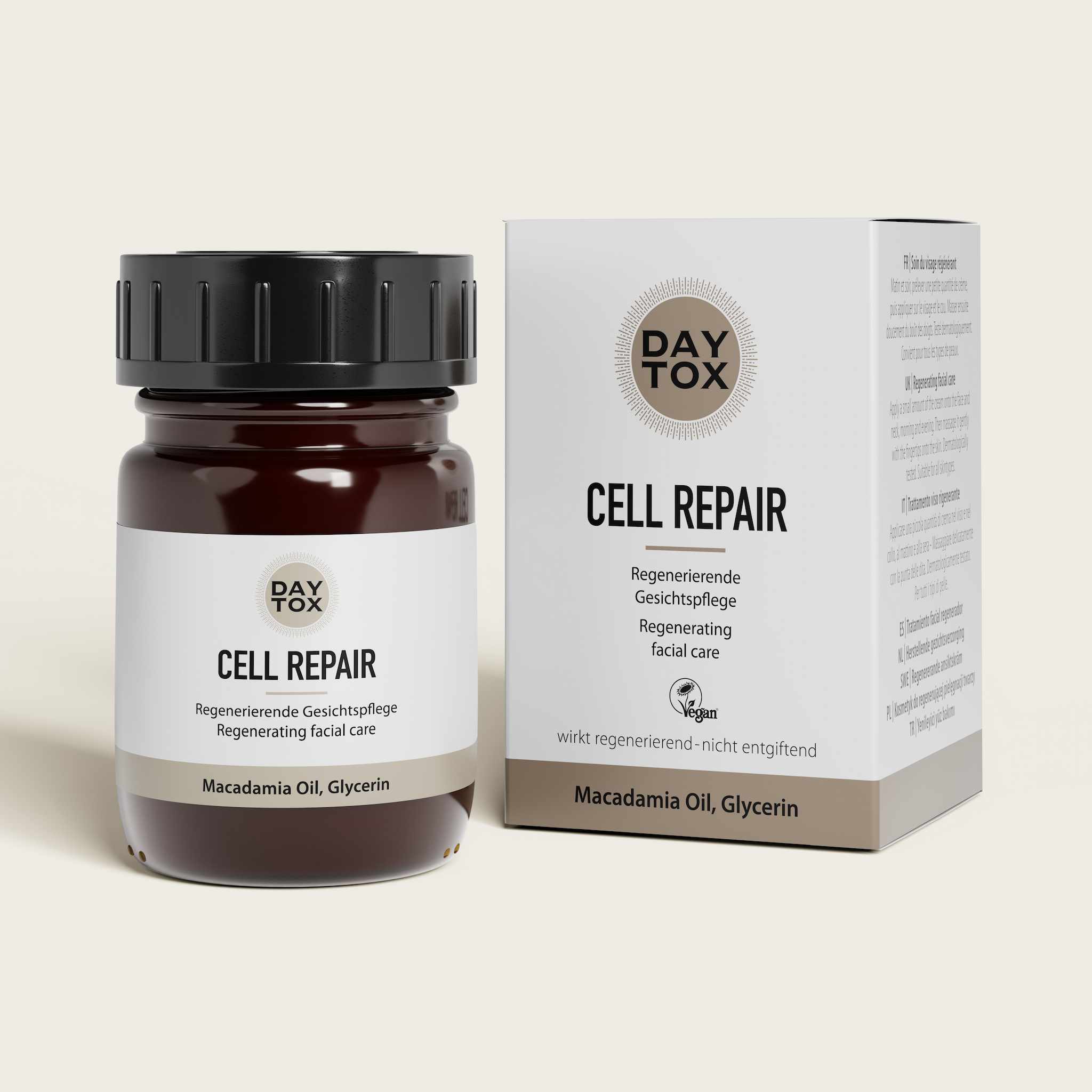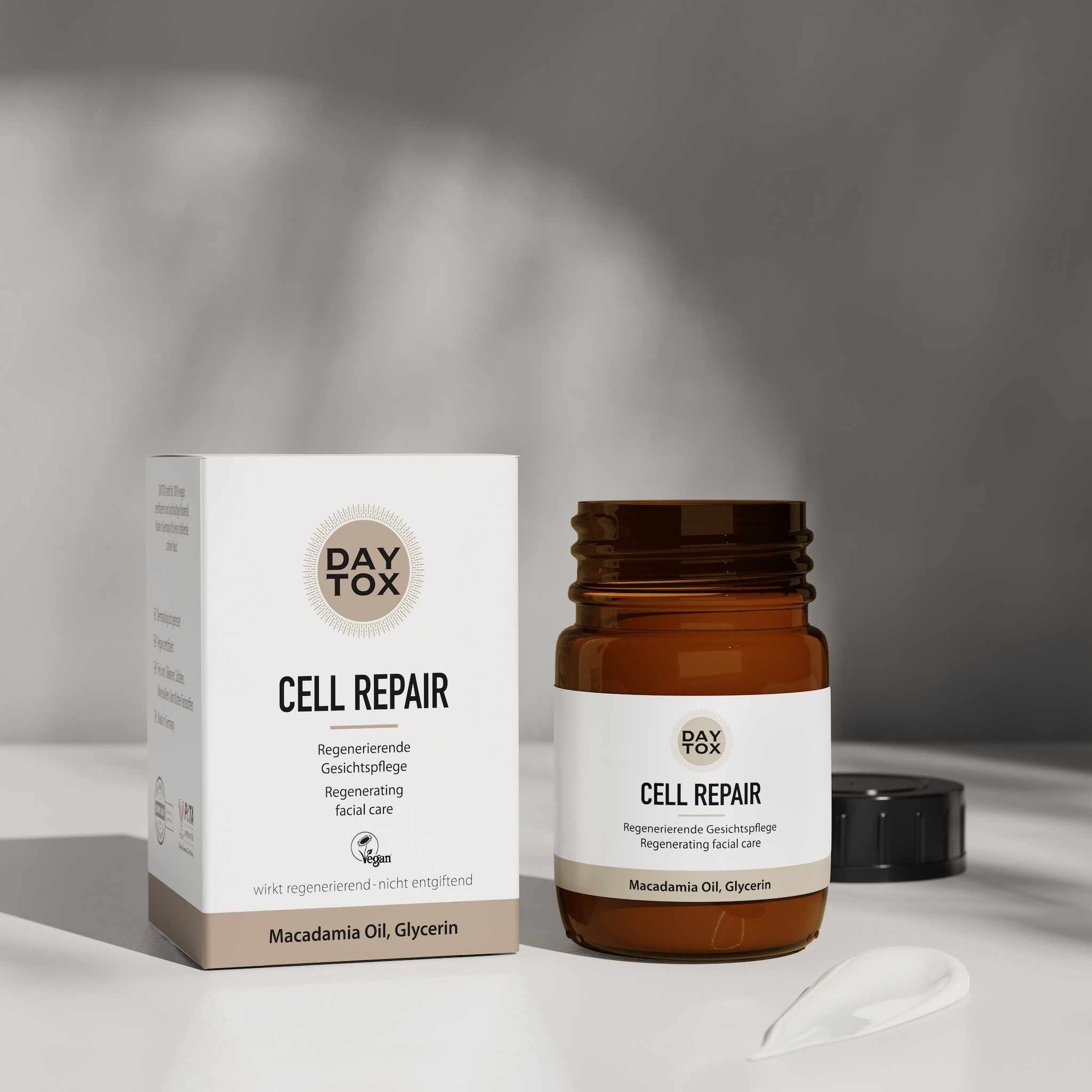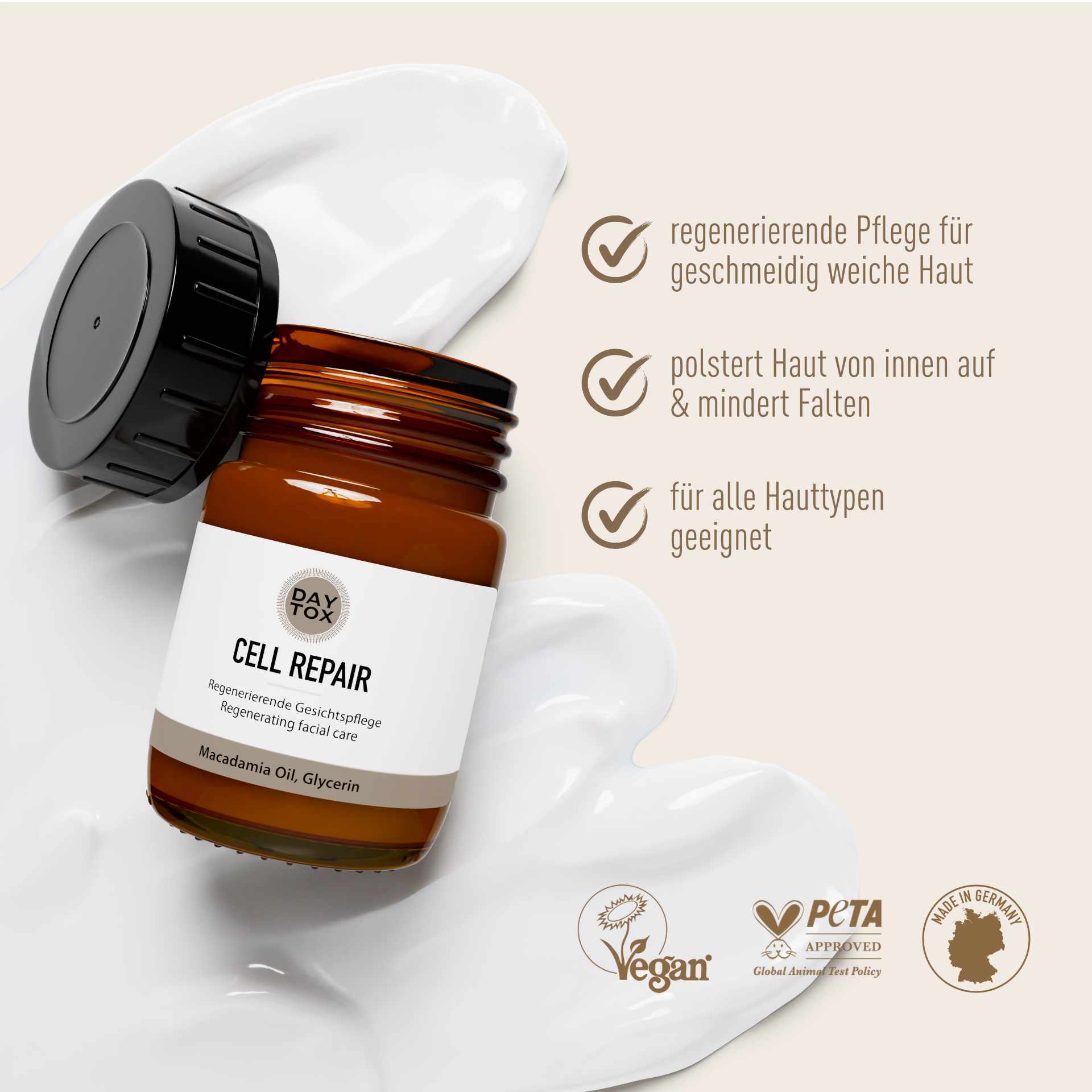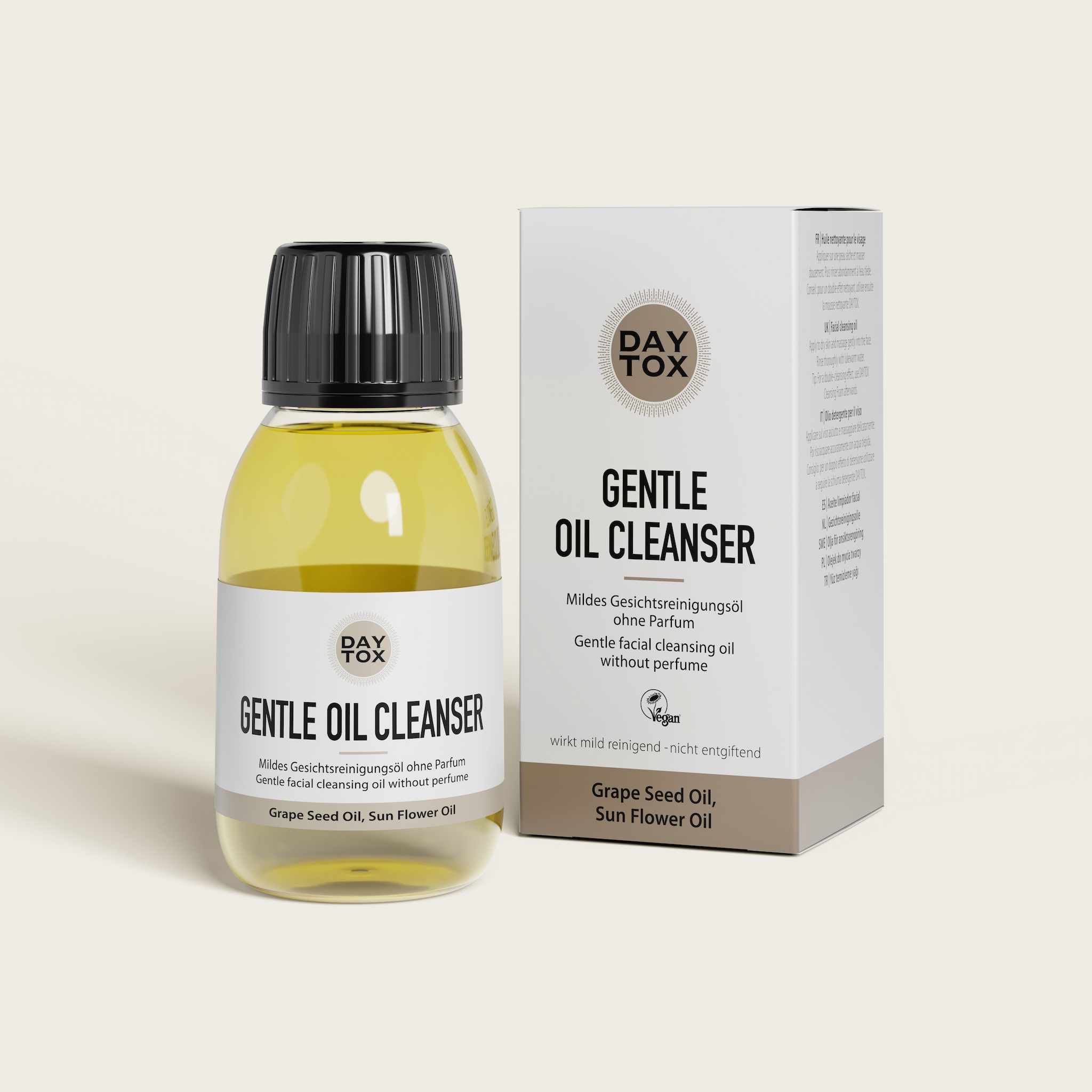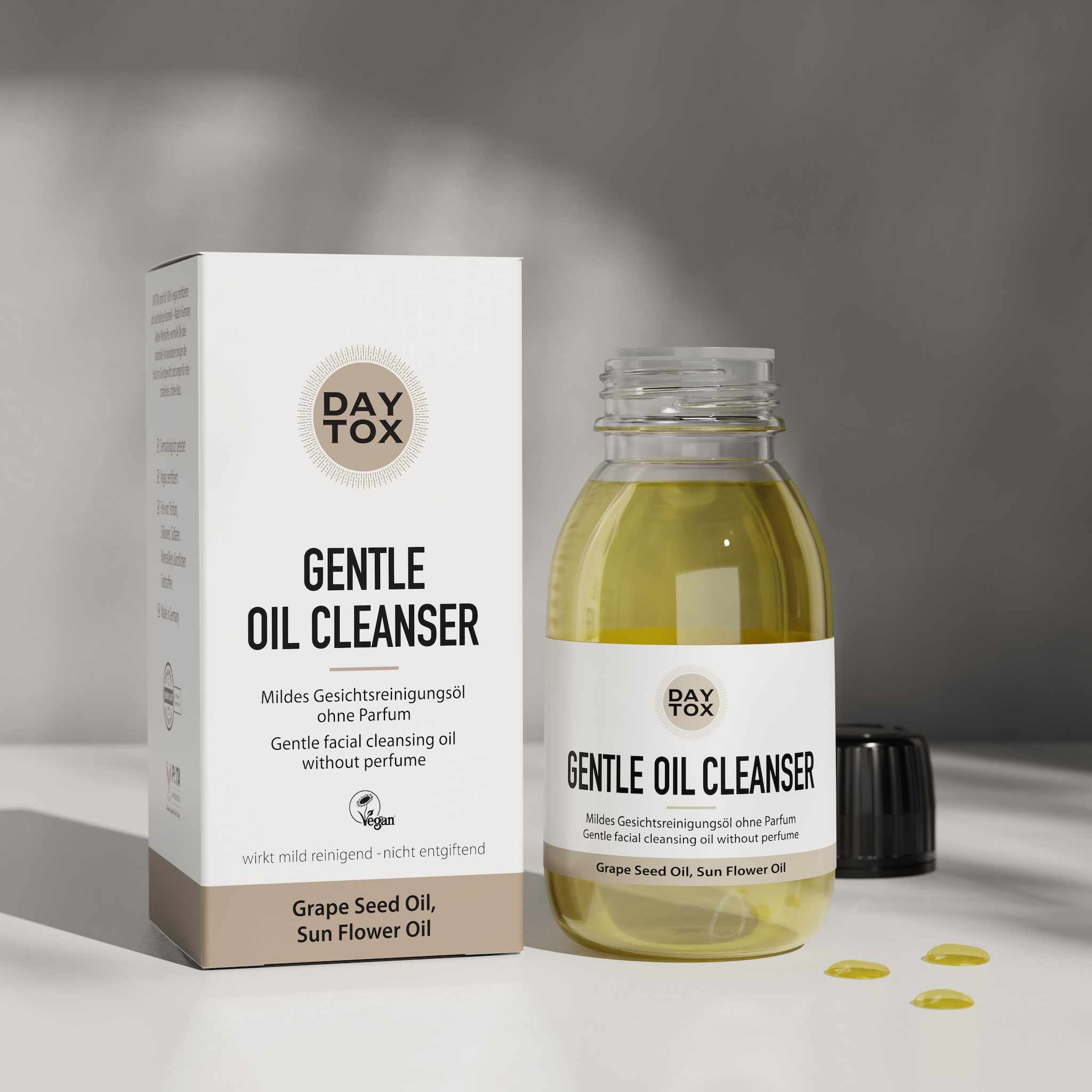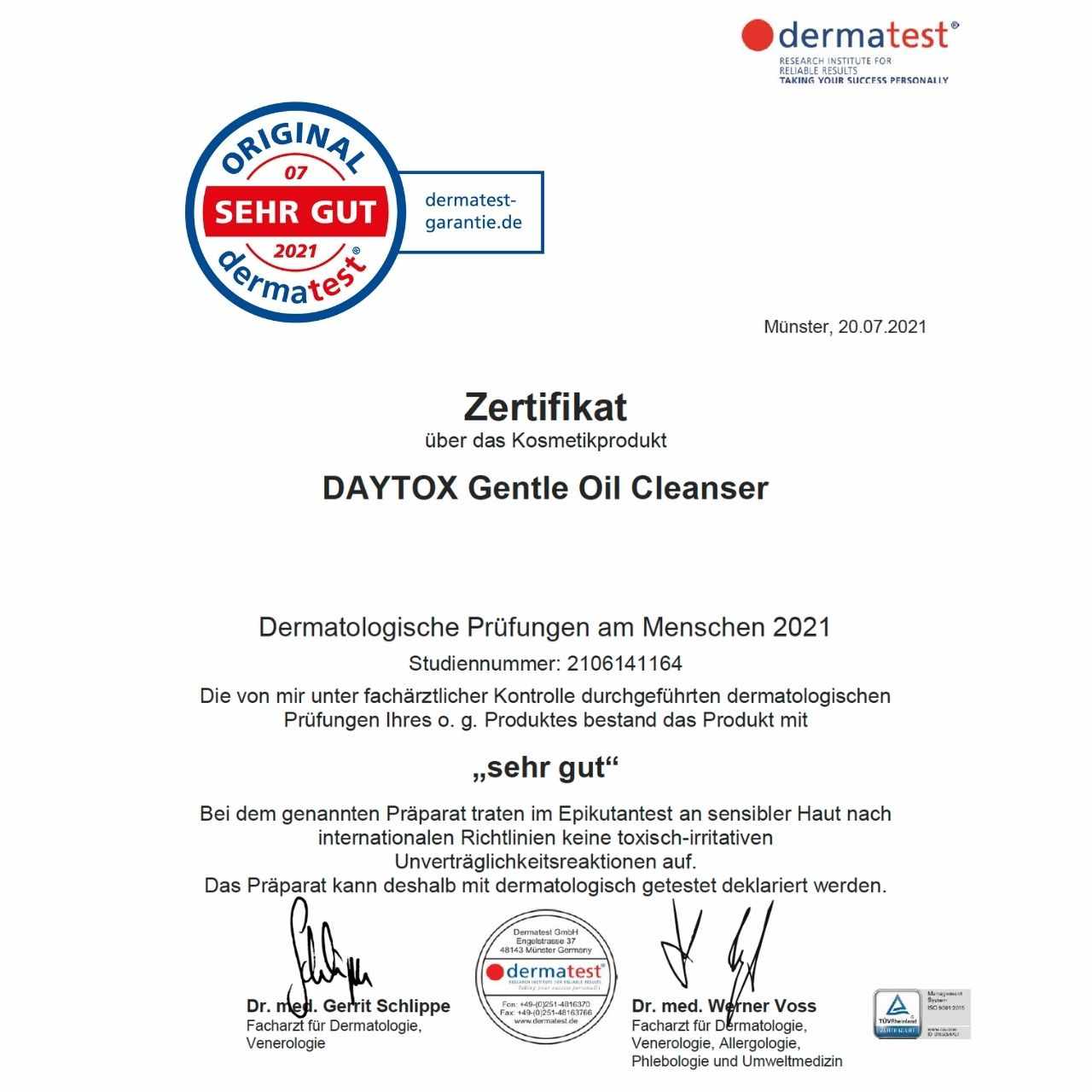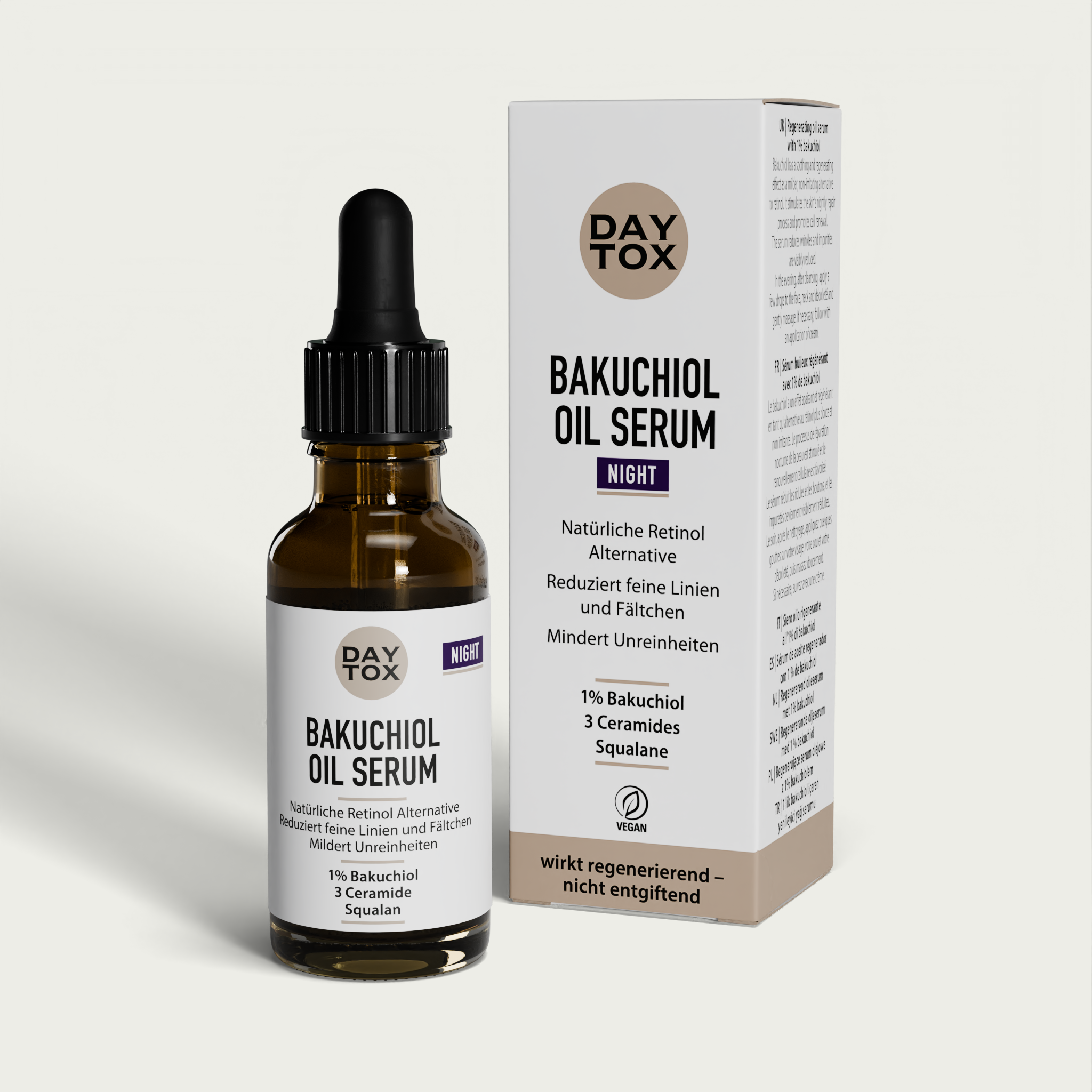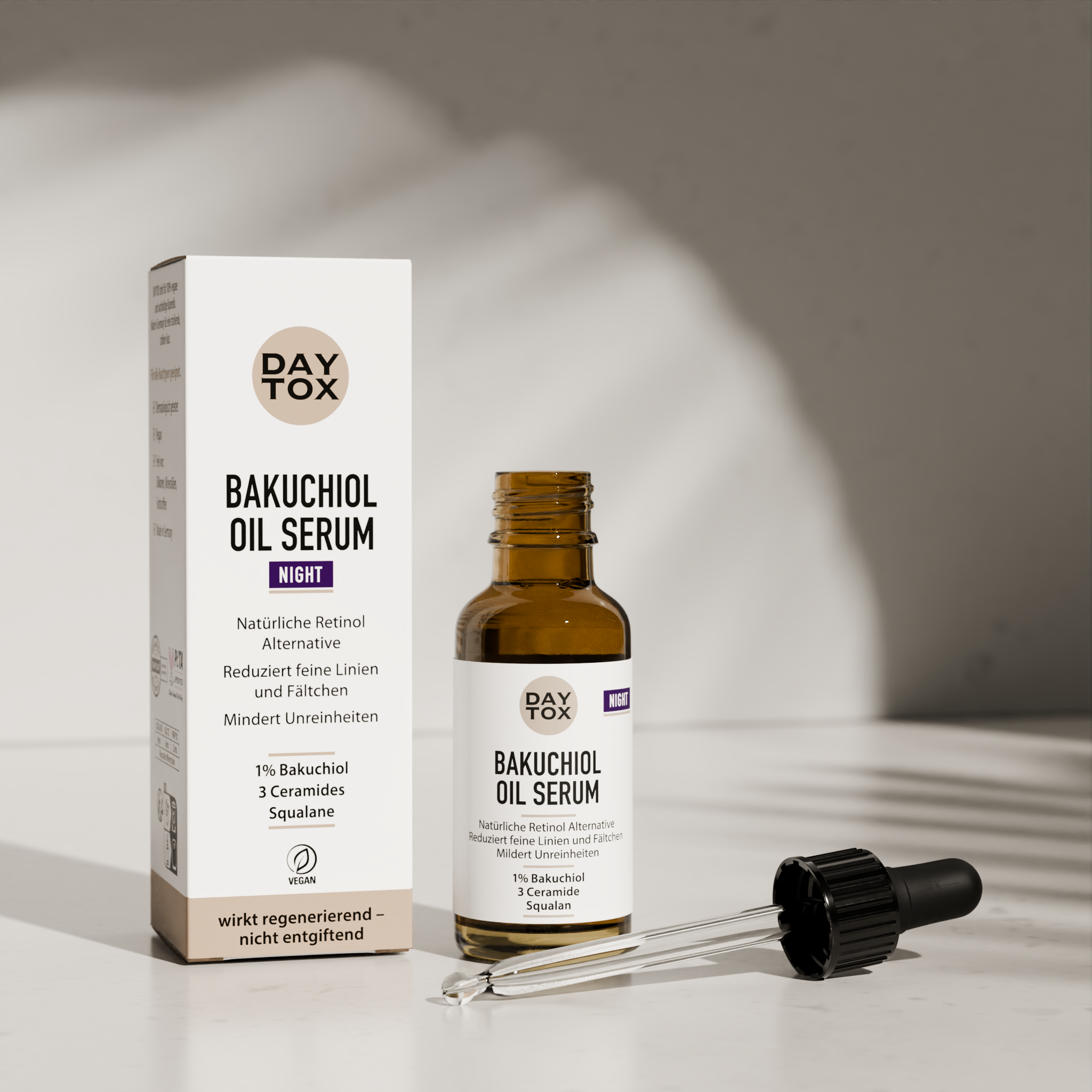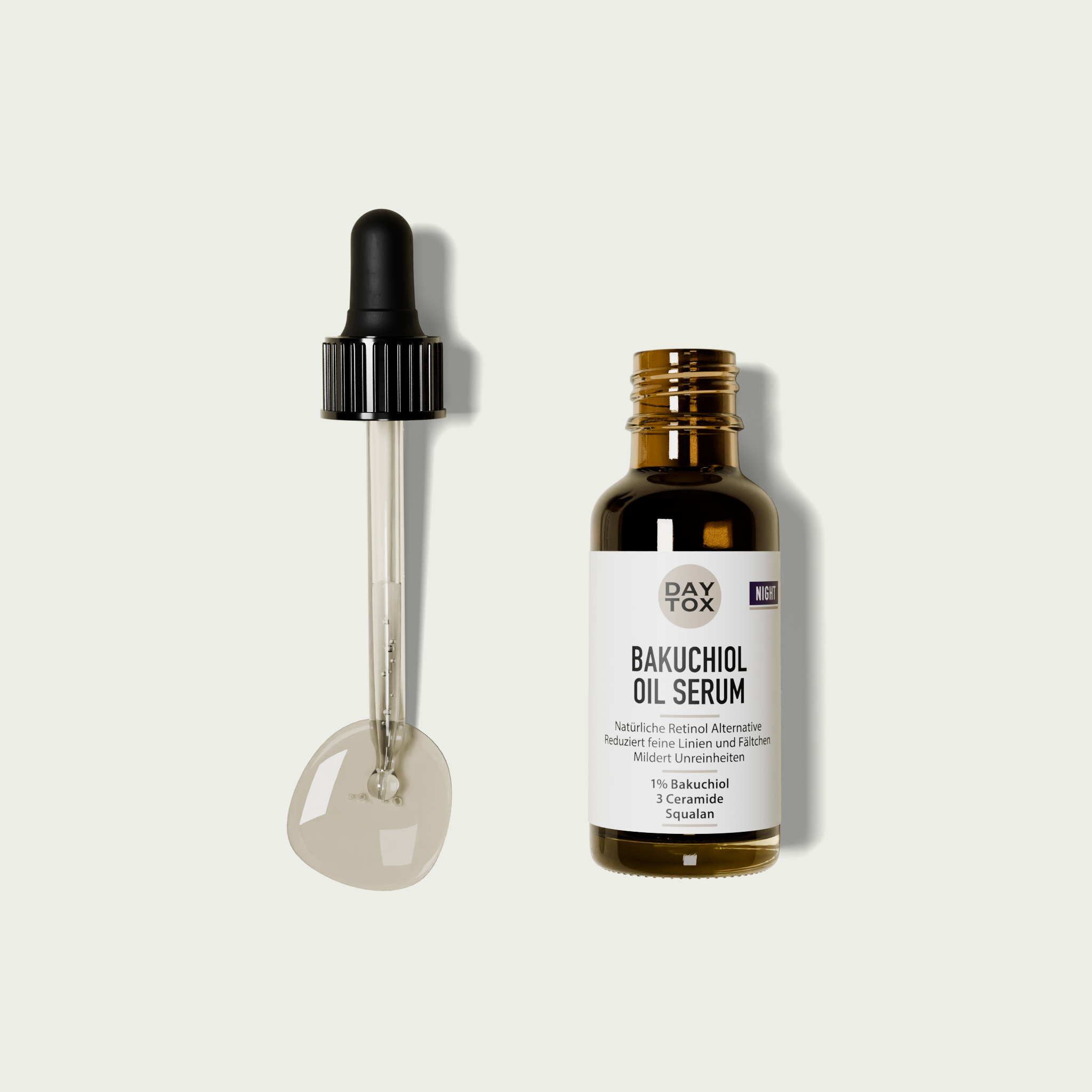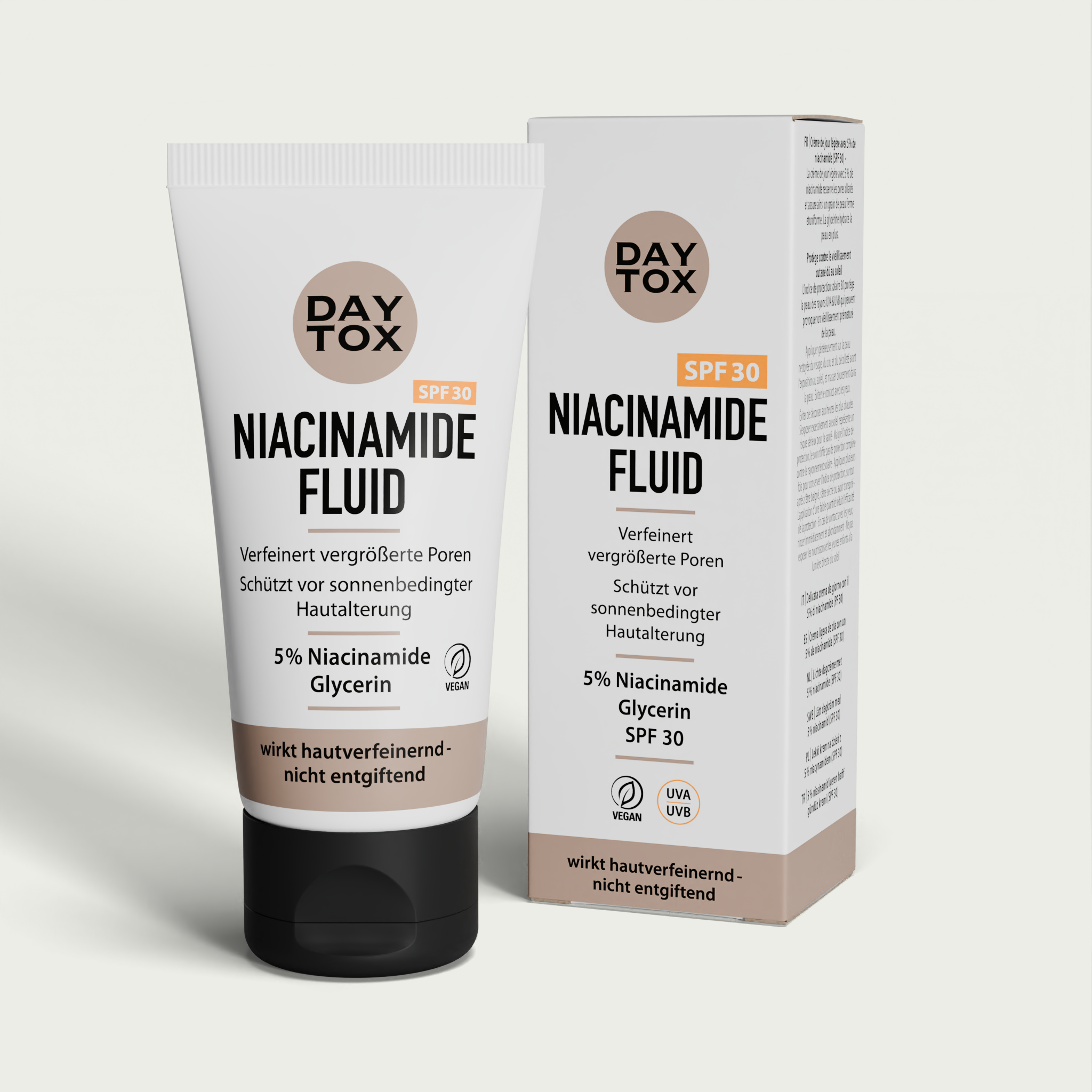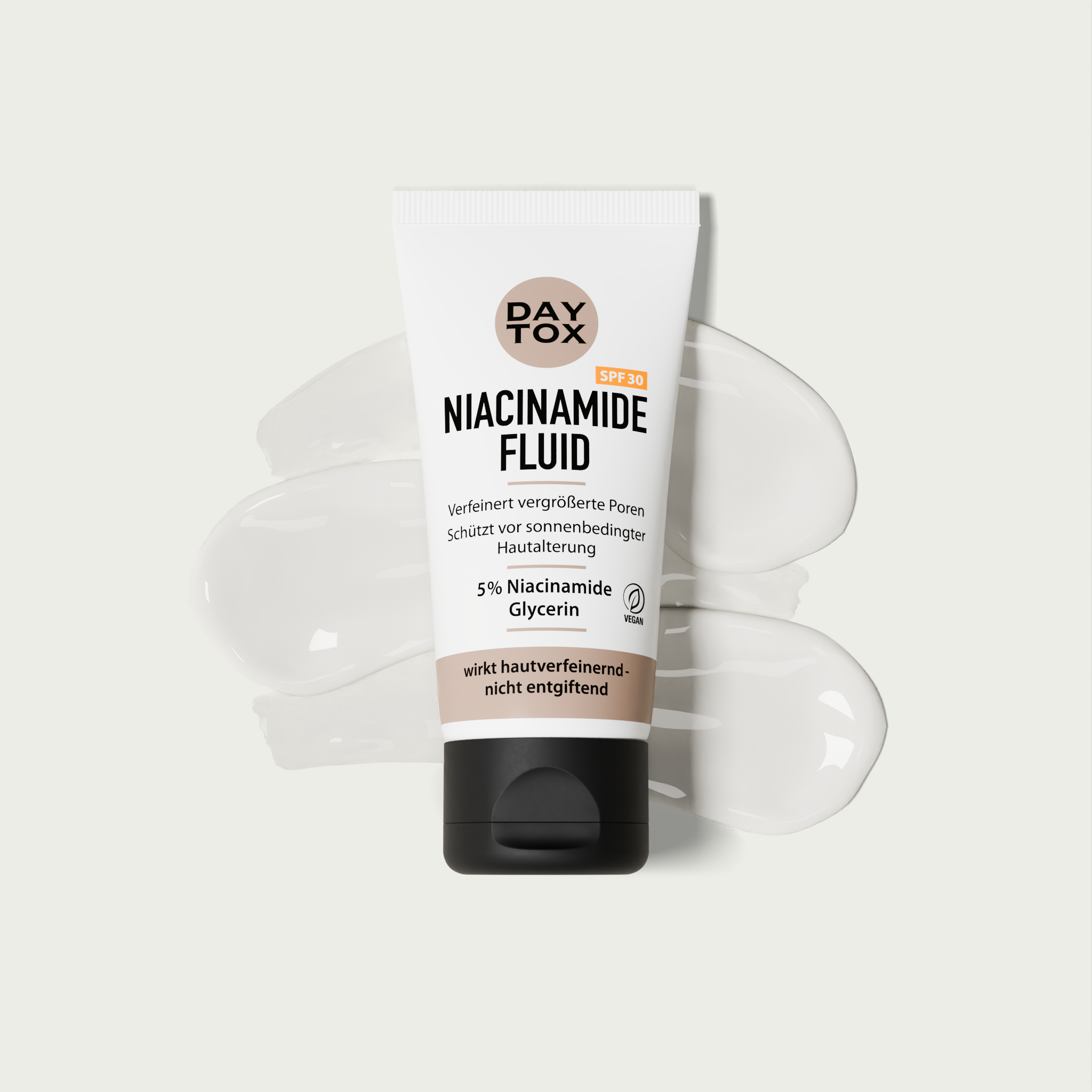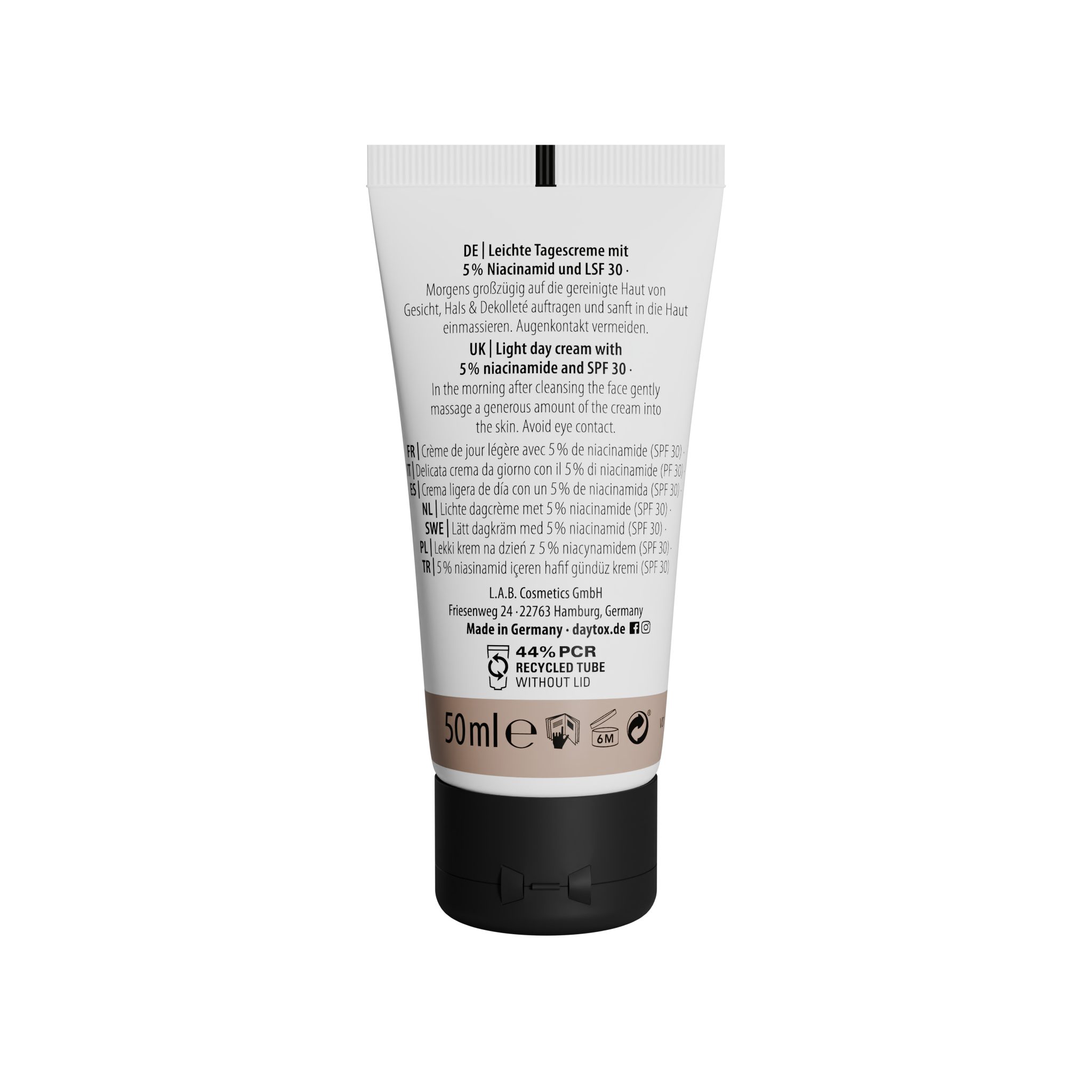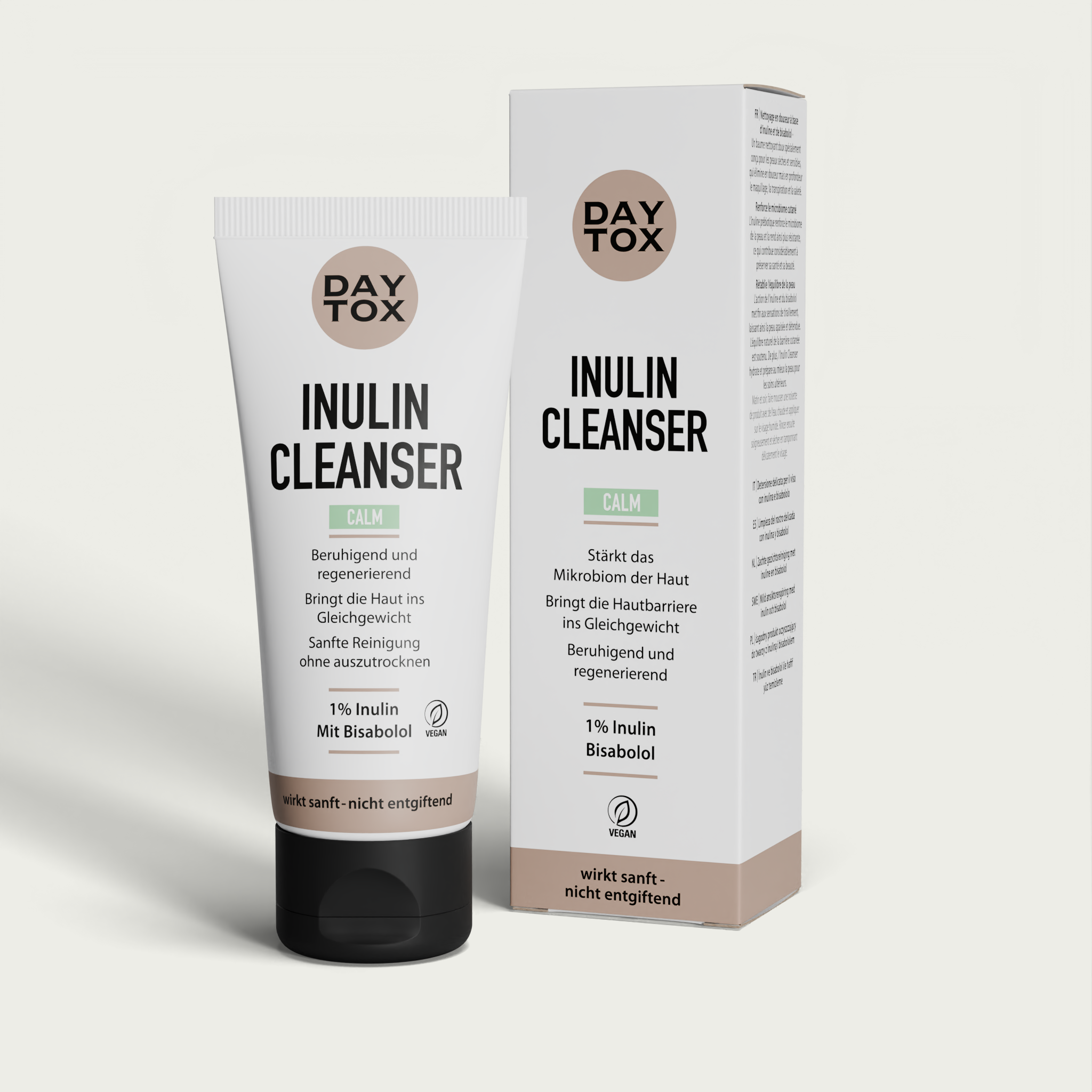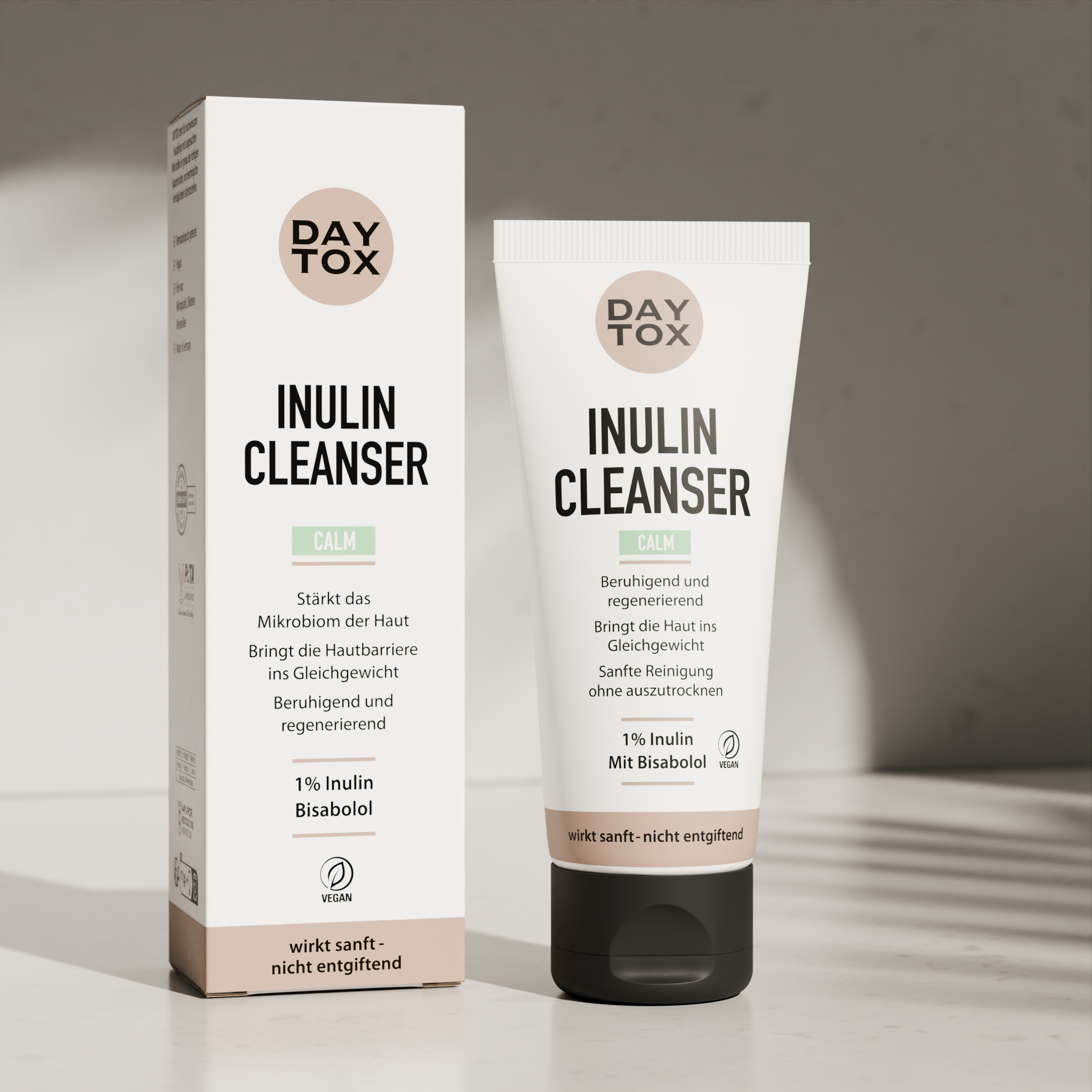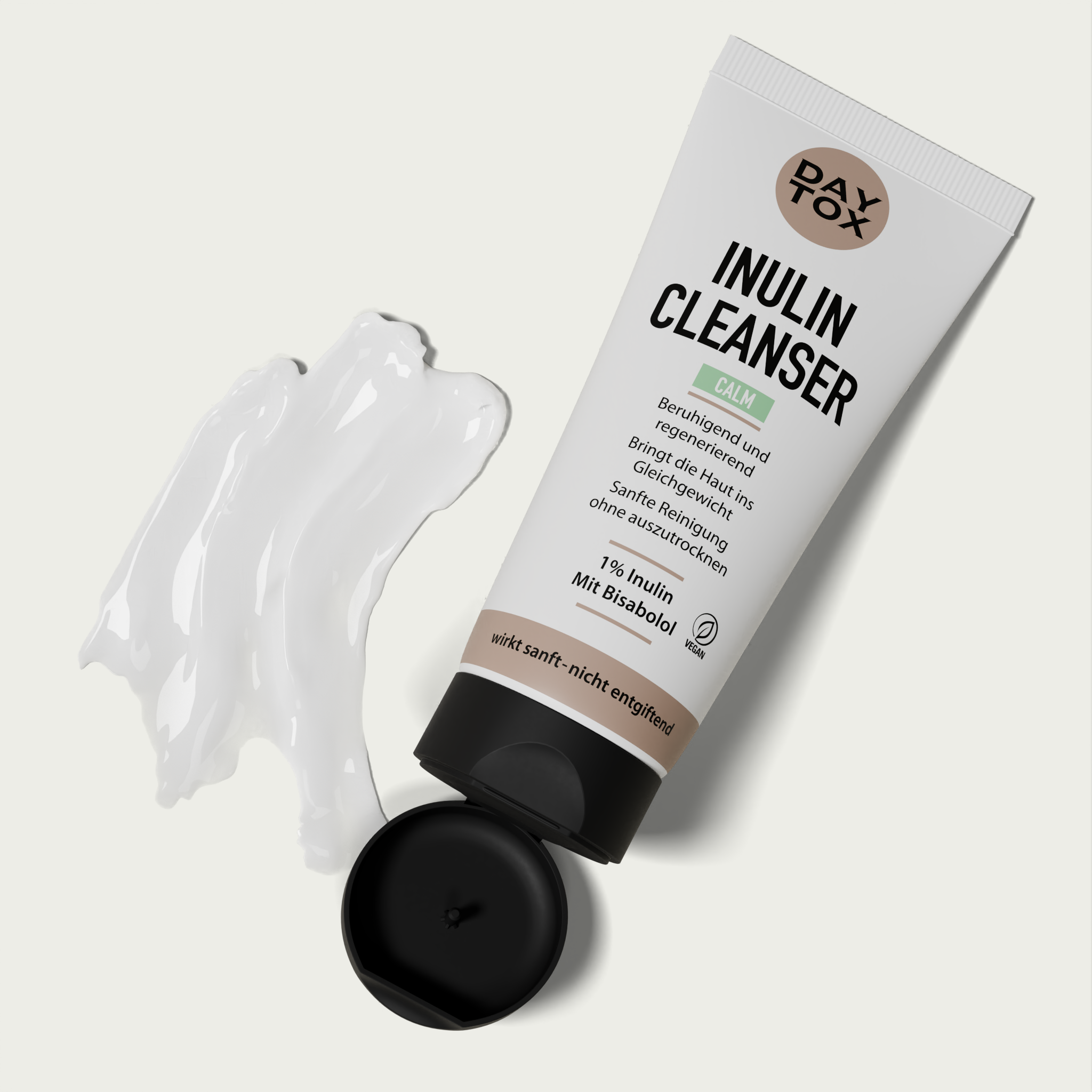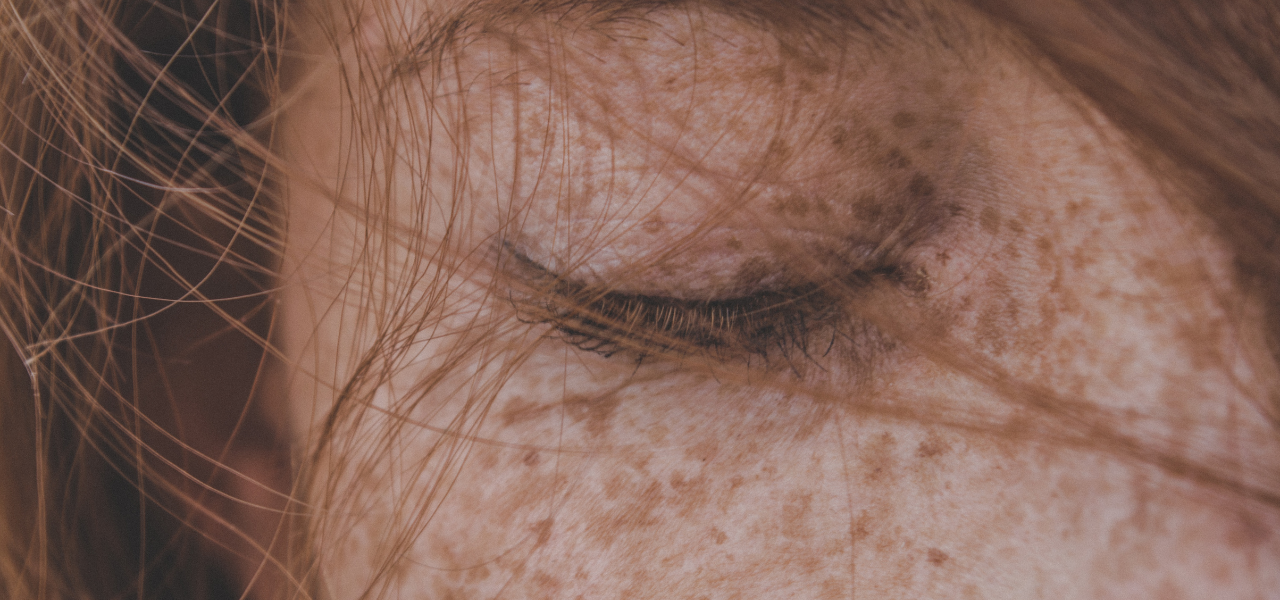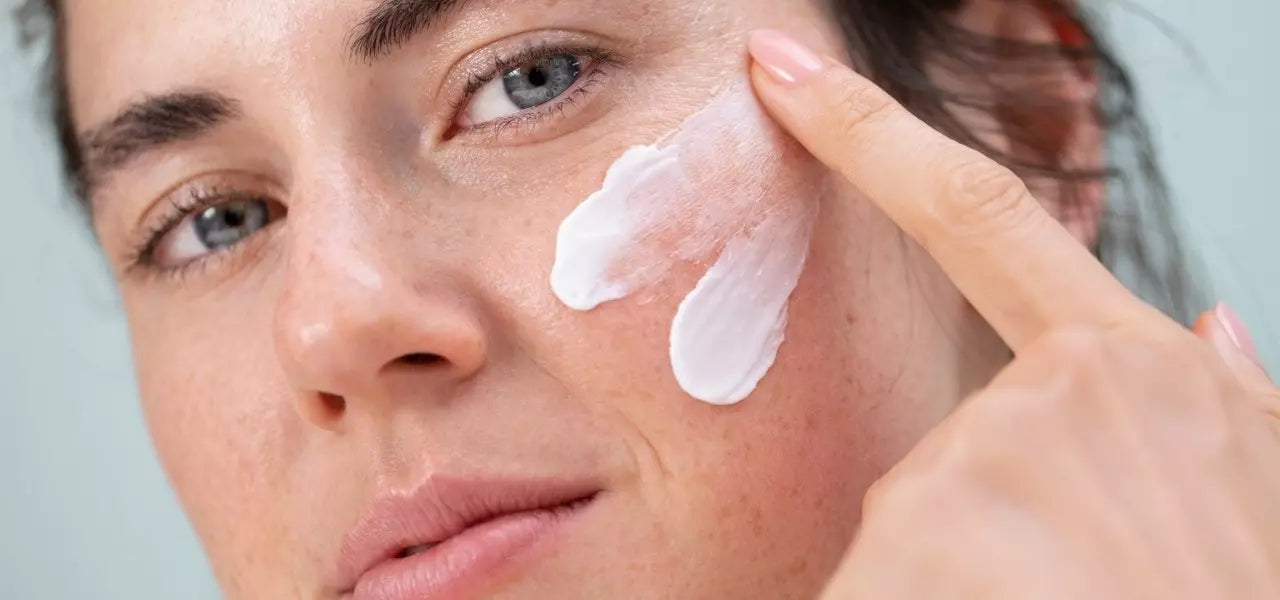Skin condition: Sensitive skin


How to recognize sensitive skin
It's tight, itchy, the skin is red: Sensitive skin is a skin condition that's affecting more and more people. According to Dermatest, around 10-20% of all people tend to have sensitive skin. The symptoms include redness, dandruff, itching and burning and tightness. Rashes with pustules, papules or swelling can also quickly occur on sensitive skin.
Sensitive skin reacts very quickly and often very strongly to external stimuli and environmental influences. These include, for example, cold, heat, allergens, irritating active ingredients in cosmetics, solar radiation or environmental pollution. For example, redness and a burning sensation occur after a hot bath or the use of overly aggressive facial cleansers. People with sensitive skin tend to have lighter skin that is prone to sunburn.
Digression: skin type vs. skin condition
By the way: Sensitive skin is not a skin type, but a skin condition that can affect people with very different skin types. Although sensitive skin is often associated with dry skin, it can also occur with oily or combination skin.
causes
With sensitive skin, both hereditary predisposition and external influences come together. The current state of research is that sensitive skin can be caused by a hereditary predisposition. But external influences such as incorrect care, dry heating air, temperature, nutrition or stress can also trigger symptoms.
Skin diseases such as neurodermatitis, couperose psoriasis or rosacea can also be the cause of excessive sensitivity and irritation.
Sensitive skin often shows dryness and a lower ability to retain water. The skin barrier is disturbed and cannot store moisture well enough in the skin. The protective film of sebum (sebum) is missing or too thin, allowing moisture to evaporate. The damaged skin barrier is more vulnerable to harmful environmental influences such as heat, sun or harsh cosmetics - and reacts to them with irritation, redness, burning or itching. Free radicals and other toxic substances from the environment can also penetrate the damaged skin more easily, which can lead to cell damage in the skin. The barrier is weakened even more and the skin dries out.
Even people with healthy skin can develop sensitive skin over time, e.g. through improper care. For example, many people are allergic to preservatives such as parabens or allergenic fragrances such as limonene or citronellol, which are contained in many cosmetics. Once a contact allergy has developed, the triggering active ingredient usually has to be avoided for a long period of time (or even forever), otherwise irritation, redness or even rashes can occur again and again.

what your skin needs
Our product recommendations for sensitive skin
